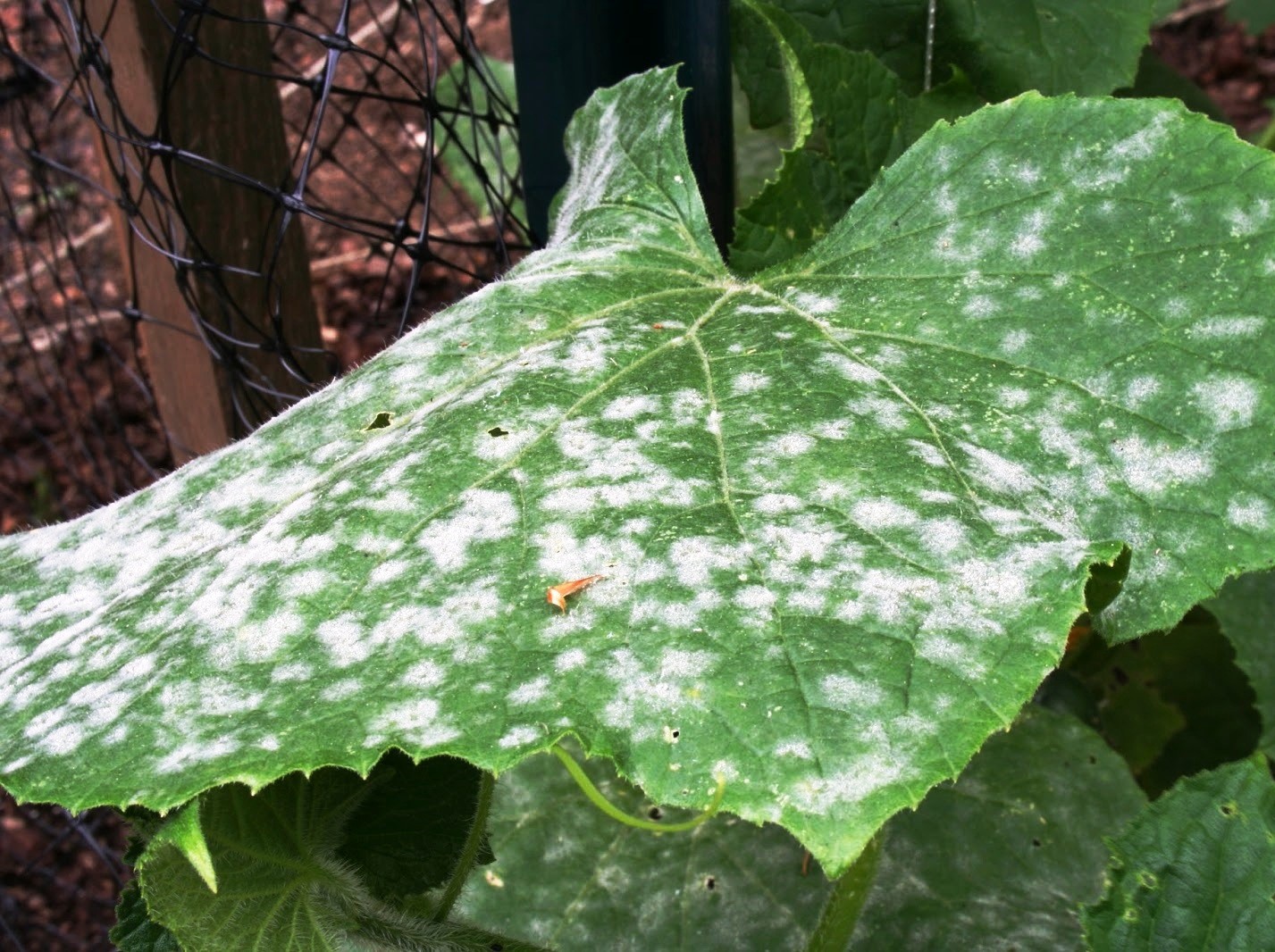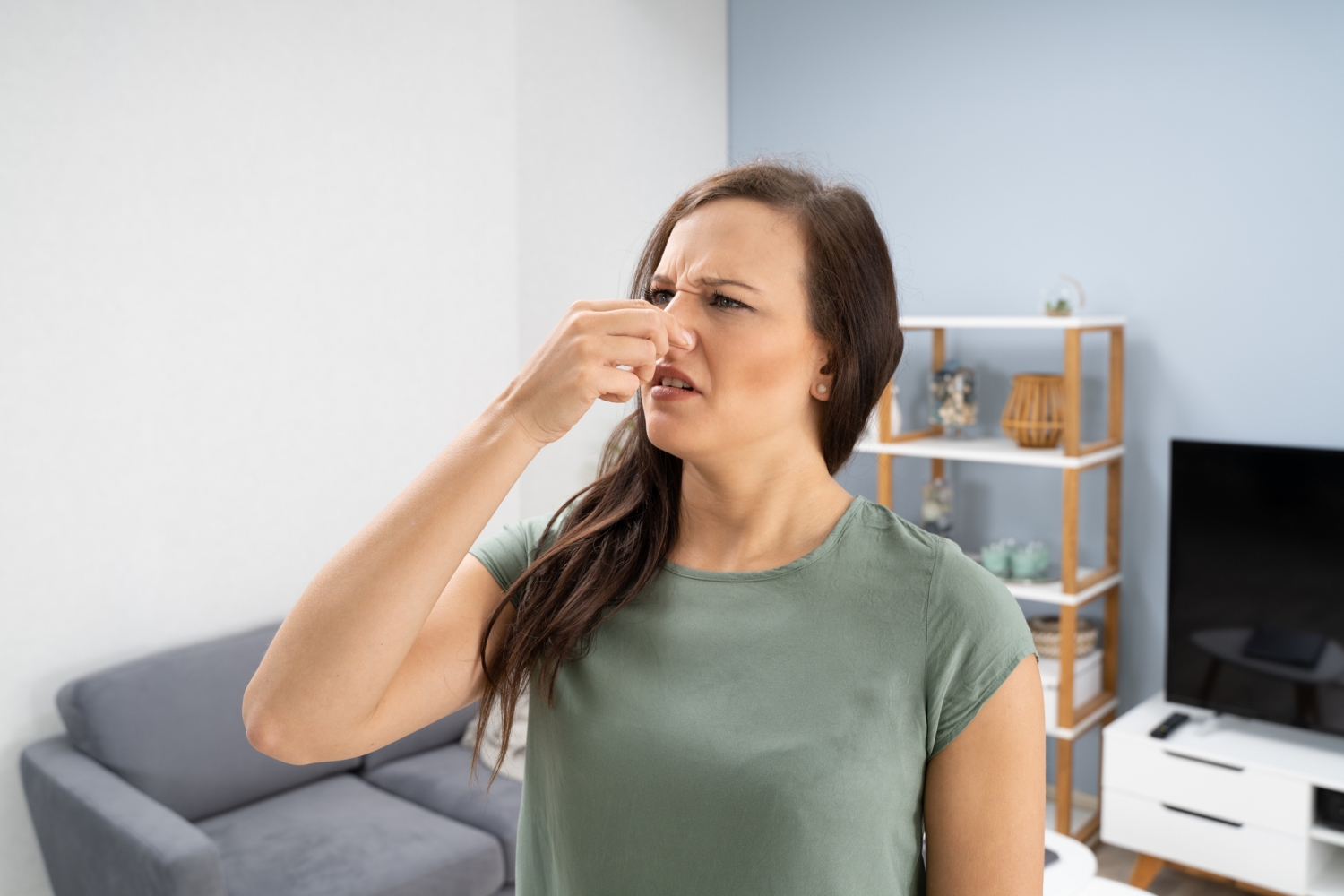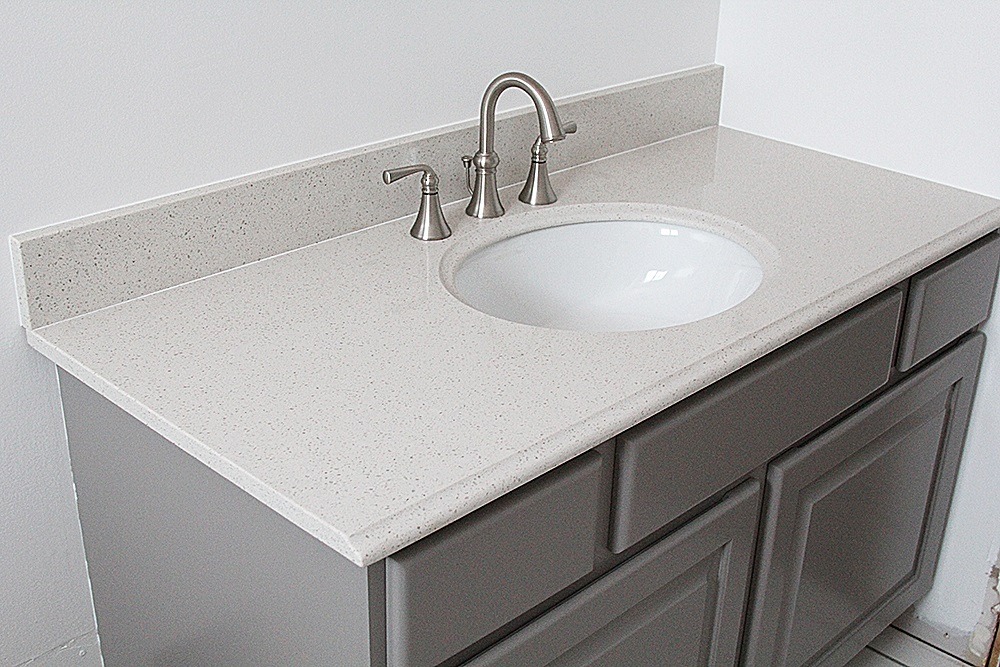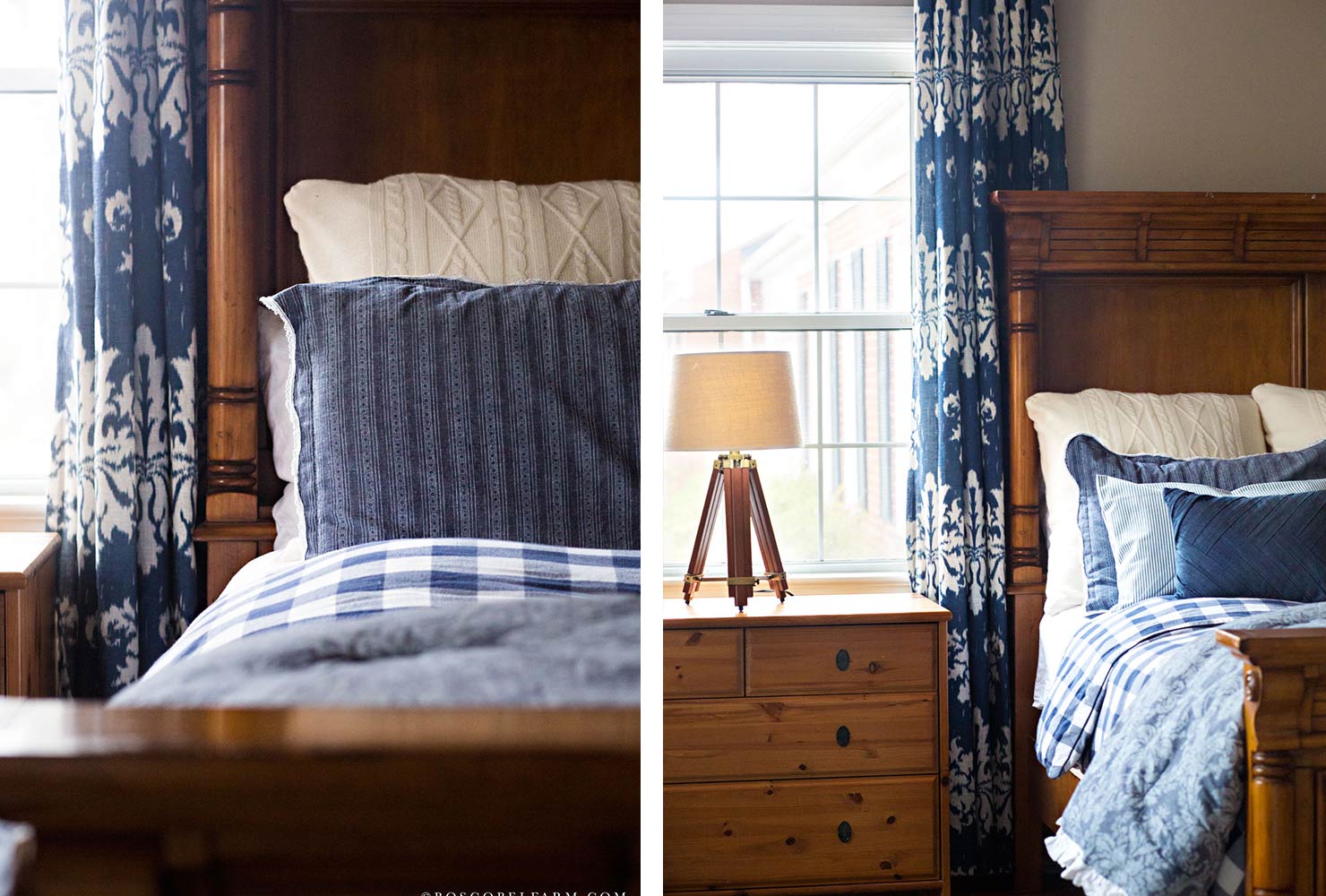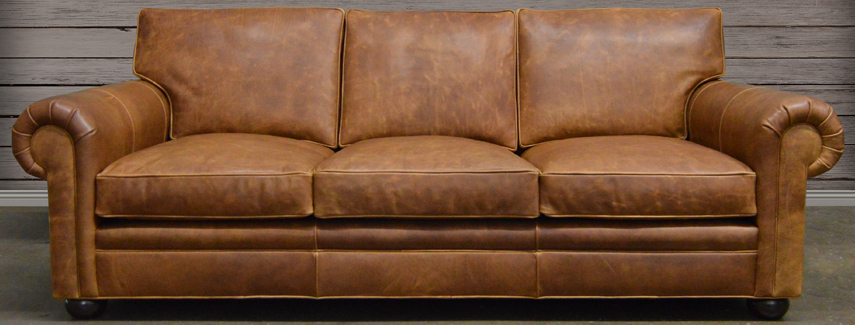Dealing with a damp and musty-smelling living room can be a frustrating experience. No one wants to spend time in a space that doesn't smell fresh and clean. If you're struggling with a persistent damp odor in your living room, it may be time to invest in a dehumidifier. These handy devices work by removing excess moisture from the air, helping to eliminate musty smells and create a more comfortable environment. Dehumidifier
One of the main culprits of a damp-smelling living room is mold. Mold thrives in moist environments, and if left unchecked, it can quickly spread and cause health issues for you and your family. If you notice a musty odor in your living room, it's important to check for signs of mold growth. If you do find mold, be sure to remove it promptly and address any underlying moisture issues. Mold
The musty smell in your living room may be caused by a variety of factors, including high humidity levels, poor ventilation, and mold growth. Musty odors are often described as earthy or stale and can be quite unpleasant. To combat musty smells, it's important to address the root cause, whether it's excess moisture, poor air circulation, or mold growth. Musty
Excess moisture is a common cause of unpleasant odors in the home. In a living room, moisture can come from a variety of sources, including leaky pipes, high humidity levels, and damp carpets or furniture. To combat moisture, it's important to address any leaks or sources of moisture and consider using a dehumidifier to help regulate the humidity levels in your living room. Moisture
High humidity levels can contribute to a damp-smelling living room. When the air is too humid, it can encourage mold growth and create an unpleasant musty odor. To combat humidity in your living room, consider using a dehumidifier, opening windows to improve air circulation, and using exhaust fans in areas prone to moisture, such as the kitchen and bathroom. Humidity
In addition to removing excess moisture from the air, an air purifier can also help eliminate musty smells in your living room. These devices work by filtering out airborne particles, including mold spores and other allergens, helping to create a cleaner and fresher-smelling environment. Look for an air purifier with a HEPA filter for the best results. Air purifier
Proper ventilation is key to maintaining a fresh-smelling living room. Without adequate air circulation, moisture can become trapped, leading to musty odors and potential mold growth. To improve ventilation in your living room, consider installing ceiling fans, opening windows, and using exhaust fans in areas prone to moisture, such as the kitchen and bathroom. Ventilation
A damp living room can be caused by a variety of factors, from excess moisture to poor ventilation. Dampness can lead to musty smells, mold growth, and even damage to your home's structure. To combat dampness, it's important to address any leaks or sources of moisture and improve air circulation in your living room. Dampness
Mildew is a type of fungus that can grow in damp, warm environments, such as a living room with high humidity levels. Not only can mildew cause musty odors, but it can also be harmful to your health. To prevent mildew growth in your living room, be sure to address any moisture issues and regularly clean and dry surfaces prone to mildew, such as shower curtains and window sills. Mildew
A persistent damp smell in your living room can be caused by a variety of factors, including mold, mildew, and excess moisture. It's important to address any underlying issues and use solutions like dehumidifiers and air purifiers to eliminate musty odors. Regular cleaning and proper ventilation can also help keep your living room smelling fresh and clean. Odor
The Impact of Dampness on Your Living Room

Understanding the Causes of Dampness
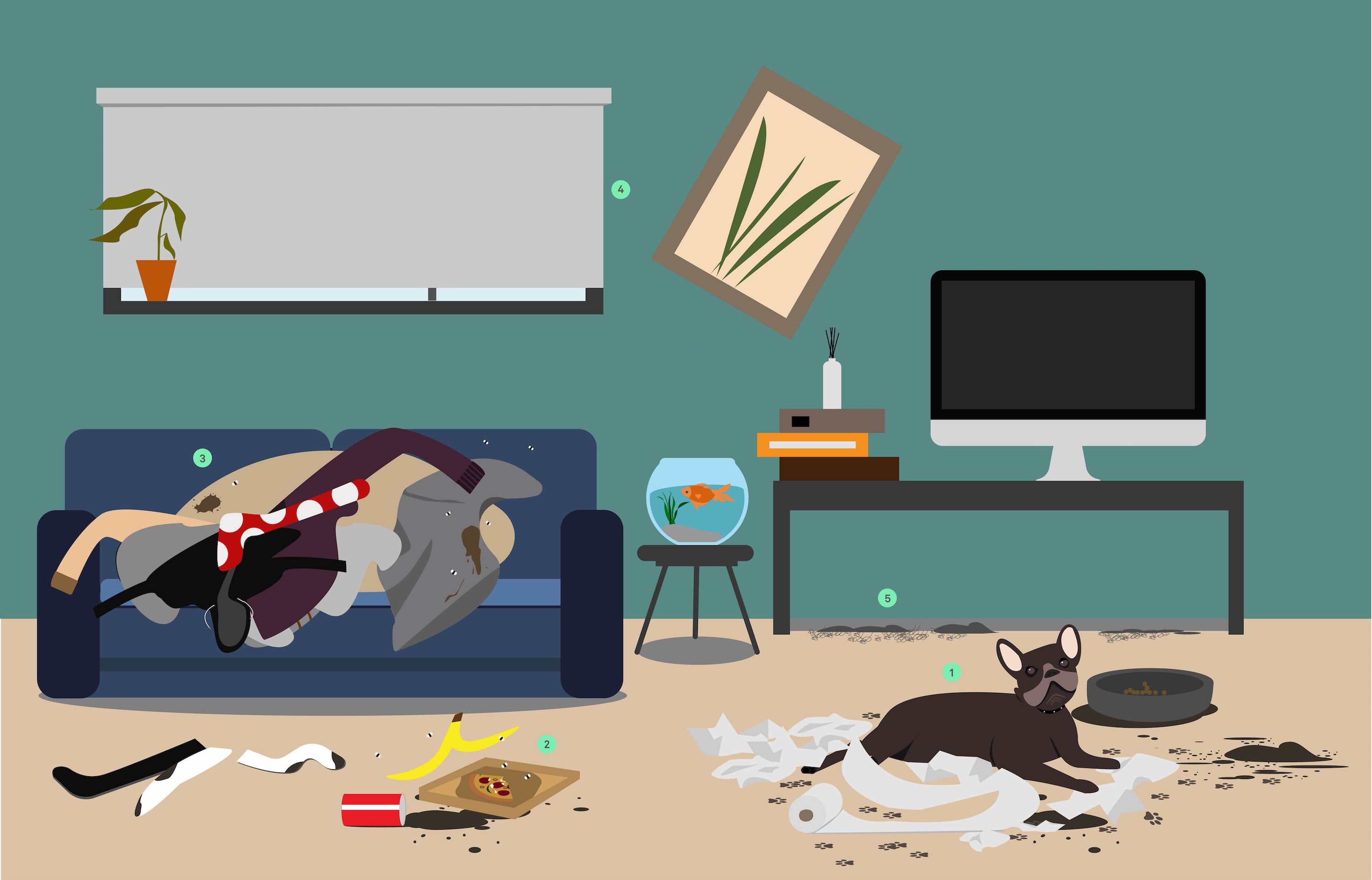 When you step into your living room and are greeted by a musty, unpleasant smell, it is likely a sign of dampness. Dampness refers to the presence of excess moisture in the air or on surfaces. It is a common problem in households and can have various causes such as high humidity levels, leaks, poor ventilation, and water damage. While it may seem like a minor inconvenience, dampness can have a significant impact on the overall design and comfort of your living room.
When you step into your living room and are greeted by a musty, unpleasant smell, it is likely a sign of dampness. Dampness refers to the presence of excess moisture in the air or on surfaces. It is a common problem in households and can have various causes such as high humidity levels, leaks, poor ventilation, and water damage. While it may seem like a minor inconvenience, dampness can have a significant impact on the overall design and comfort of your living room.
The Negative Effects of Dampness on Your Living Room
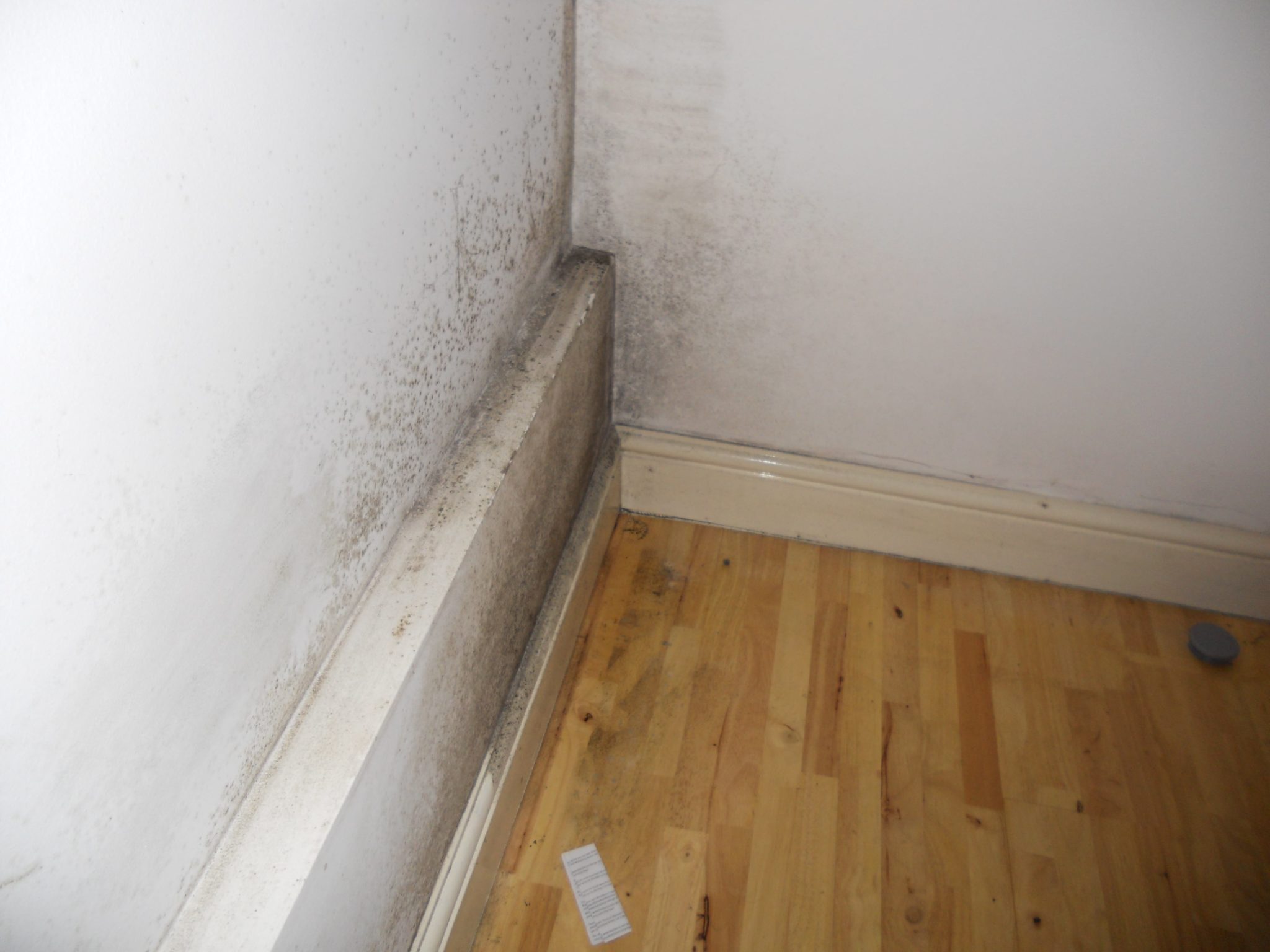 The first and most obvious effect of dampness on your living room is the unpleasant smell. This can be off-putting for both you and your guests, making it difficult to fully enjoy the space. Additionally, dampness can lead to the growth of mold and mildew, which not only contribute to the musty smell but also pose health risks. Mold and mildew can aggravate allergies and respiratory issues, making your living room an unhealthy environment.
Moreover, dampness can cause damage to your furniture, walls, and flooring. Excess moisture can lead to warping, cracking, and discoloration of wood and other materials. This not only affects the aesthetic appeal of your living room but also decreases the lifespan of your furniture and home decor. In severe cases, dampness can even weaken the structural integrity of your walls and floors, leading to costly repairs.
The first and most obvious effect of dampness on your living room is the unpleasant smell. This can be off-putting for both you and your guests, making it difficult to fully enjoy the space. Additionally, dampness can lead to the growth of mold and mildew, which not only contribute to the musty smell but also pose health risks. Mold and mildew can aggravate allergies and respiratory issues, making your living room an unhealthy environment.
Moreover, dampness can cause damage to your furniture, walls, and flooring. Excess moisture can lead to warping, cracking, and discoloration of wood and other materials. This not only affects the aesthetic appeal of your living room but also decreases the lifespan of your furniture and home decor. In severe cases, dampness can even weaken the structural integrity of your walls and floors, leading to costly repairs.
The Importance of Addressing Dampness in Your Living Room
 It is essential to address dampness in your living room as soon as you notice it, as the longer it is left unattended, the more severe the effects will be. Not only will it negatively impact the design and comfort of your living room, but it can also have long-term consequences for your health and the structural integrity of your home.
It is essential to address dampness in your living room as soon as you notice it, as the longer it is left unattended, the more severe the effects will be. Not only will it negatively impact the design and comfort of your living room, but it can also have long-term consequences for your health and the structural integrity of your home.
Ways to Combat Dampness in Your Living Room
 One of the most effective ways to combat dampness in your living room is to improve ventilation. This can be done by opening windows and using fans or dehumidifiers to circulate air and reduce humidity levels. Fixing any leaks or water damage is also crucial in preventing dampness. Additionally, using moisture-resistant materials for furniture and decor can help reduce the impact of excess moisture.
In conclusion, dampness in your living room is not just a minor inconvenience. It can have a significant impact on the design, comfort, and overall health of your home. By understanding its causes and implementing proper solutions, you can ensure that your living room remains a pleasant and functional space for years to come.
One of the most effective ways to combat dampness in your living room is to improve ventilation. This can be done by opening windows and using fans or dehumidifiers to circulate air and reduce humidity levels. Fixing any leaks or water damage is also crucial in preventing dampness. Additionally, using moisture-resistant materials for furniture and decor can help reduce the impact of excess moisture.
In conclusion, dampness in your living room is not just a minor inconvenience. It can have a significant impact on the design, comfort, and overall health of your home. By understanding its causes and implementing proper solutions, you can ensure that your living room remains a pleasant and functional space for years to come.
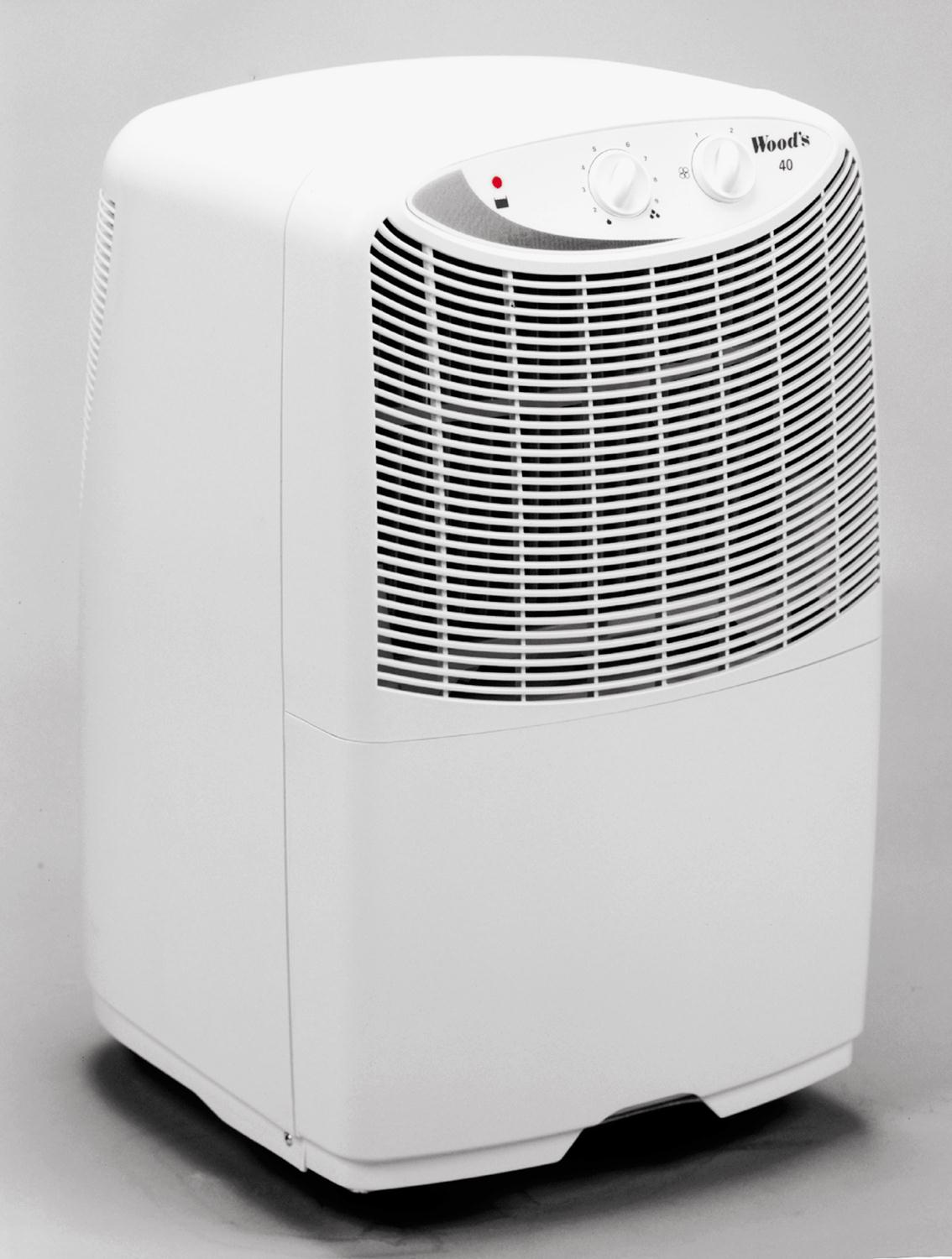
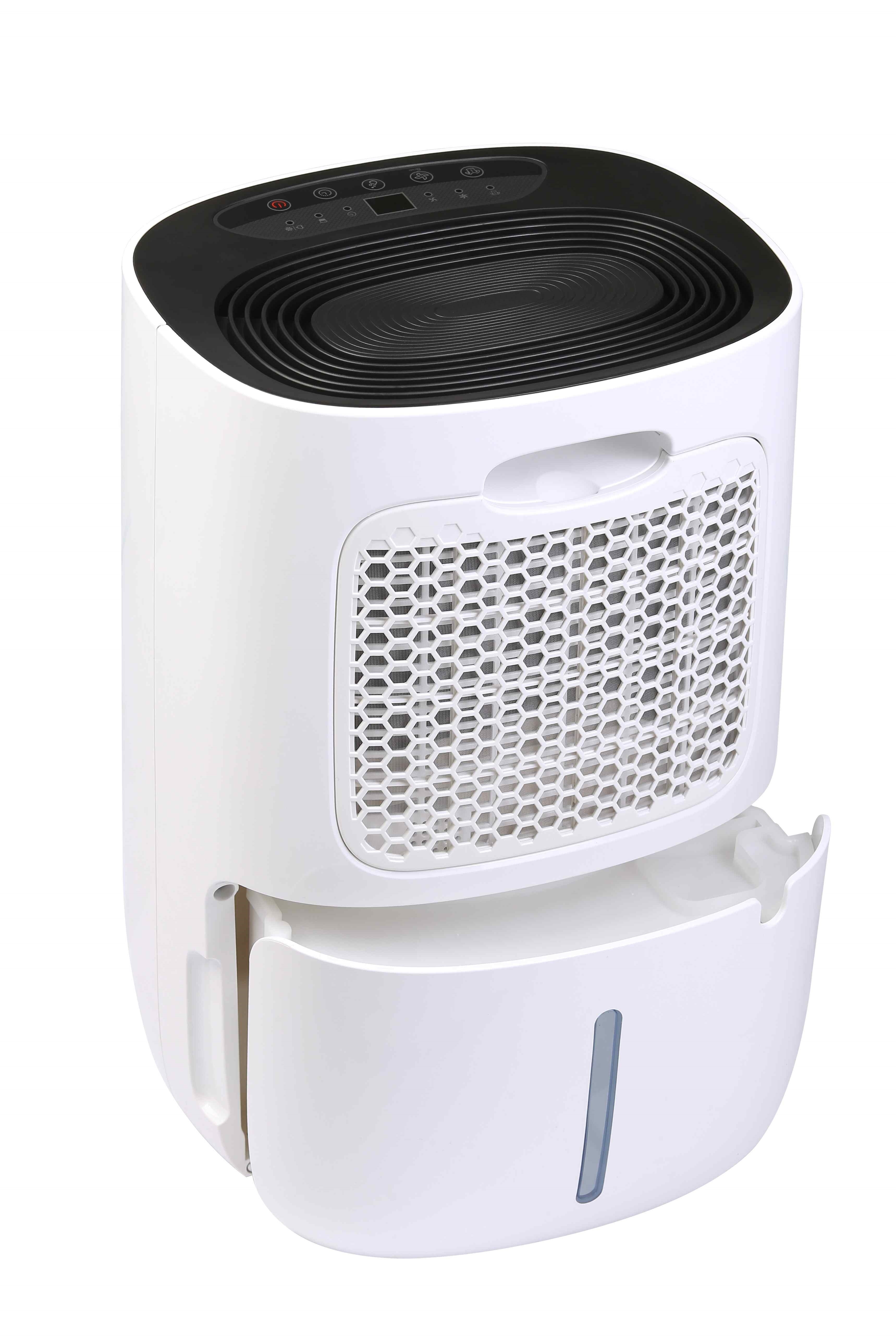

:max_bytes(150000):strip_icc()/184856939-copy-56a343f15f9b58b7d0d12c9f.jpg)

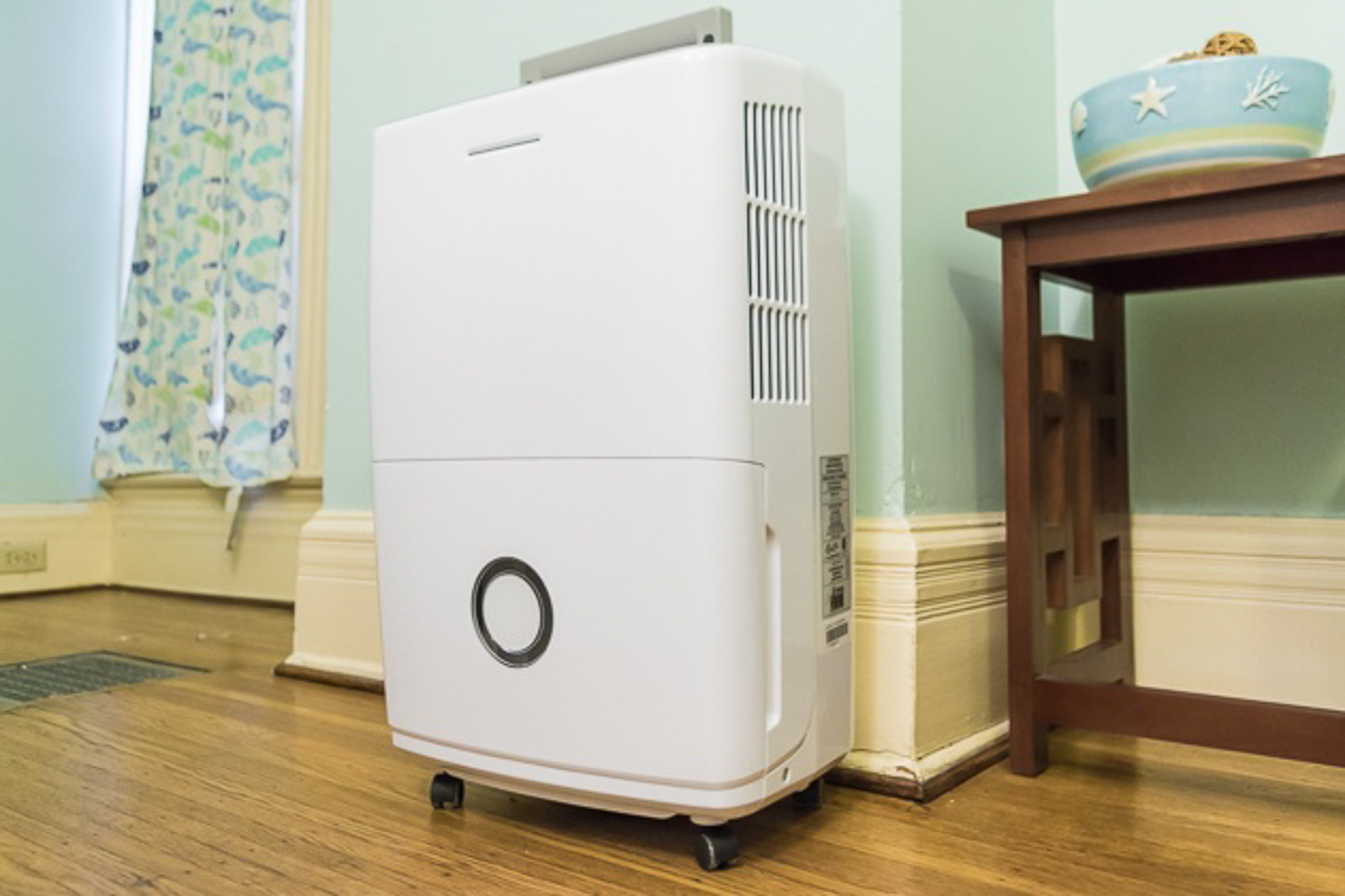

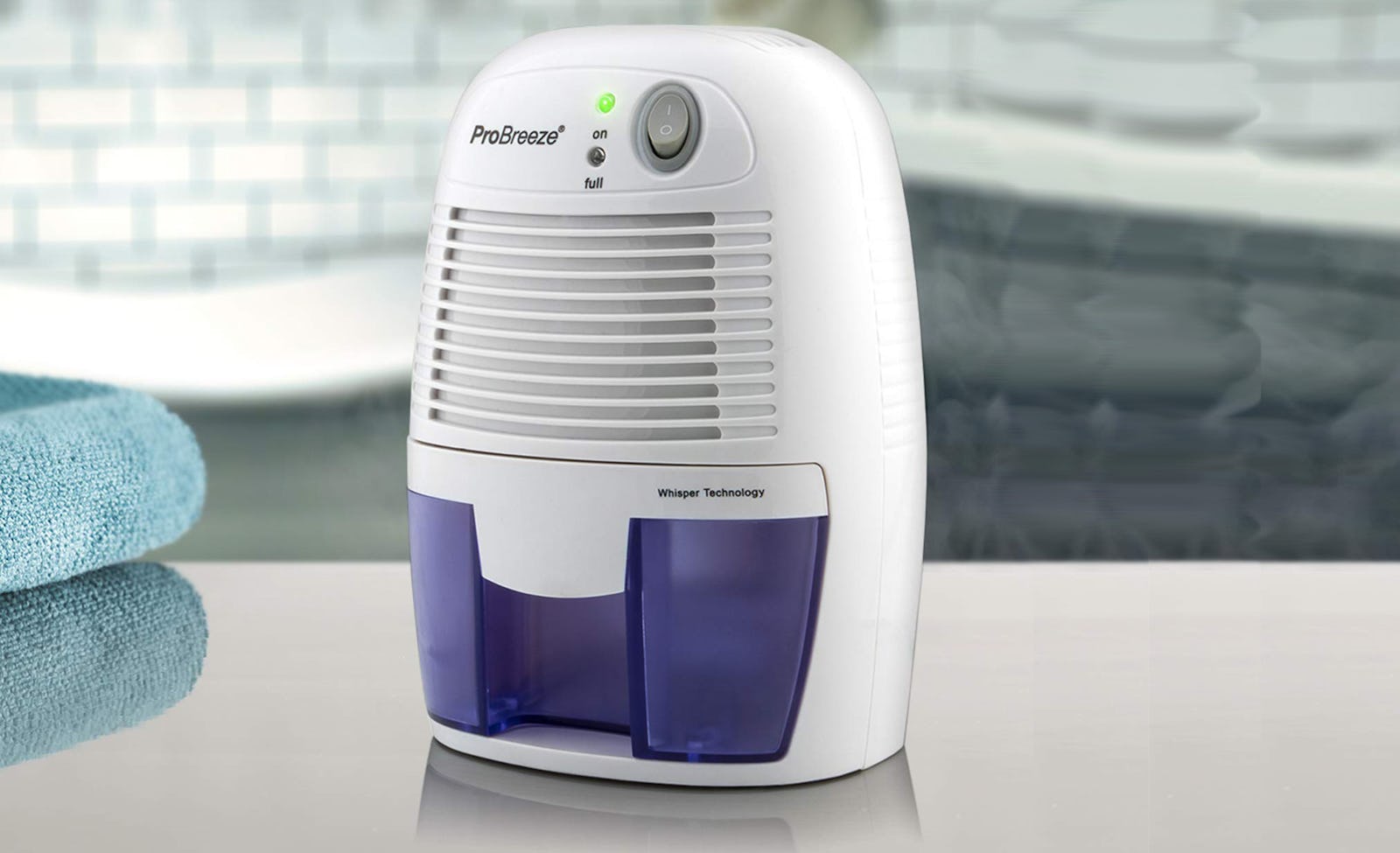


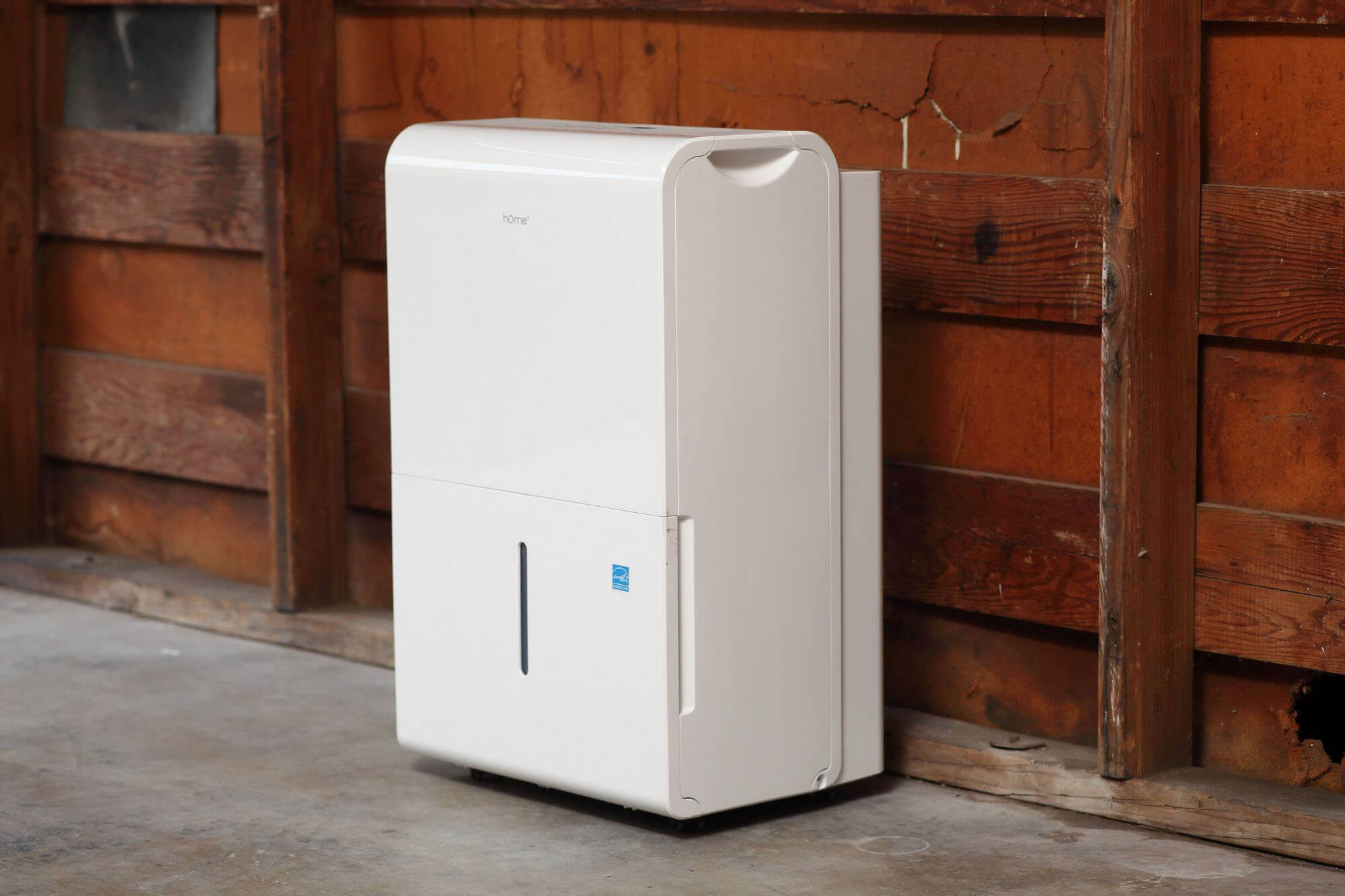
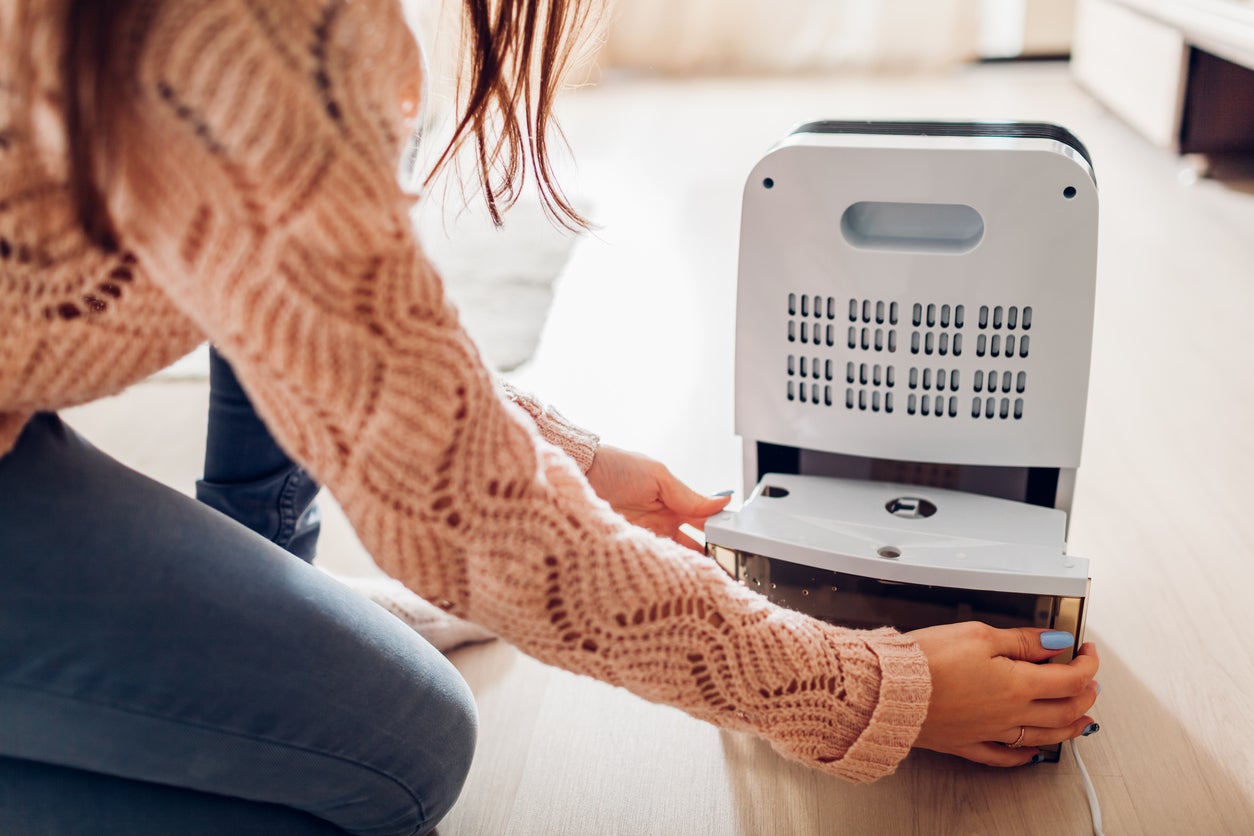
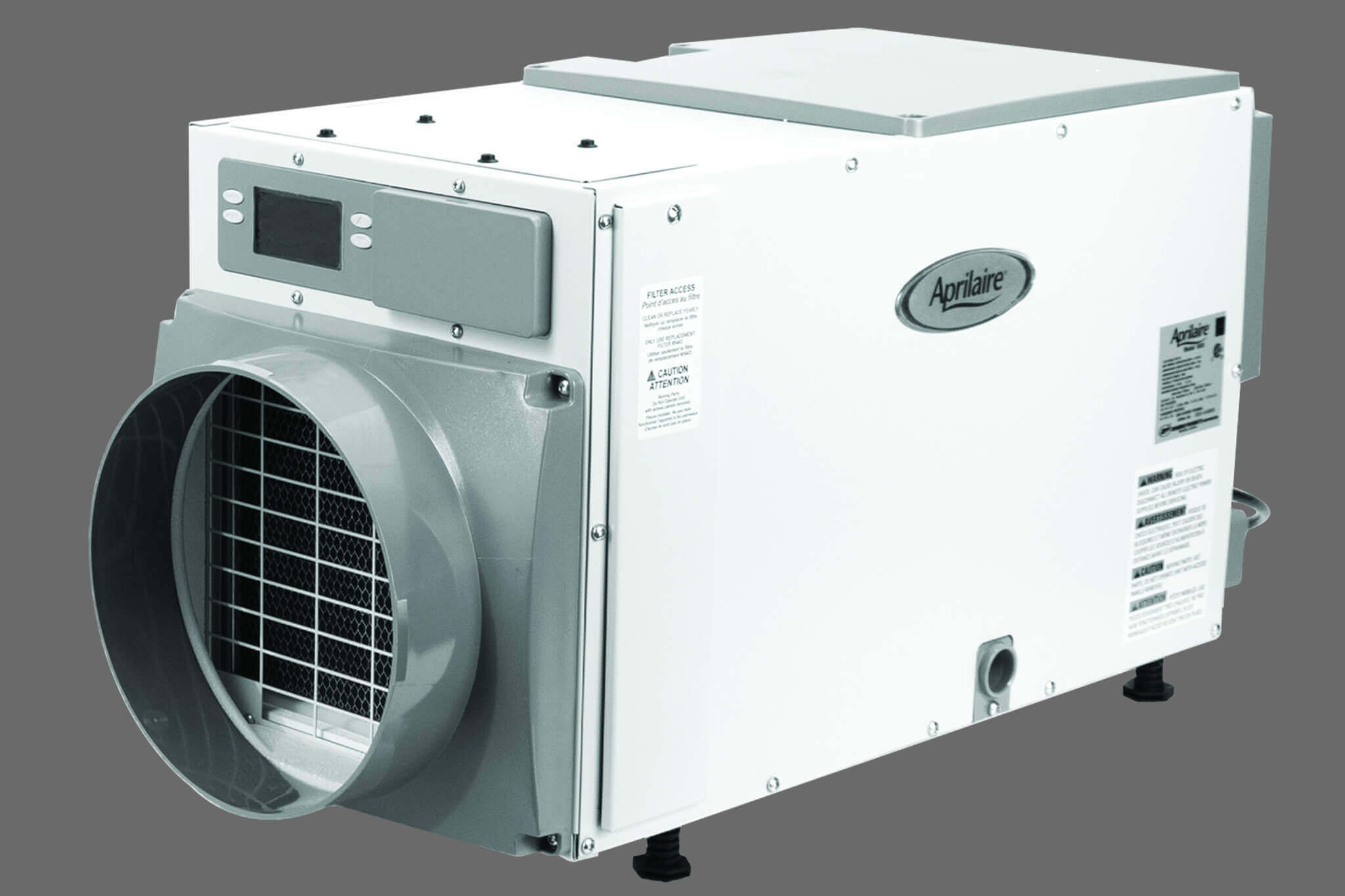
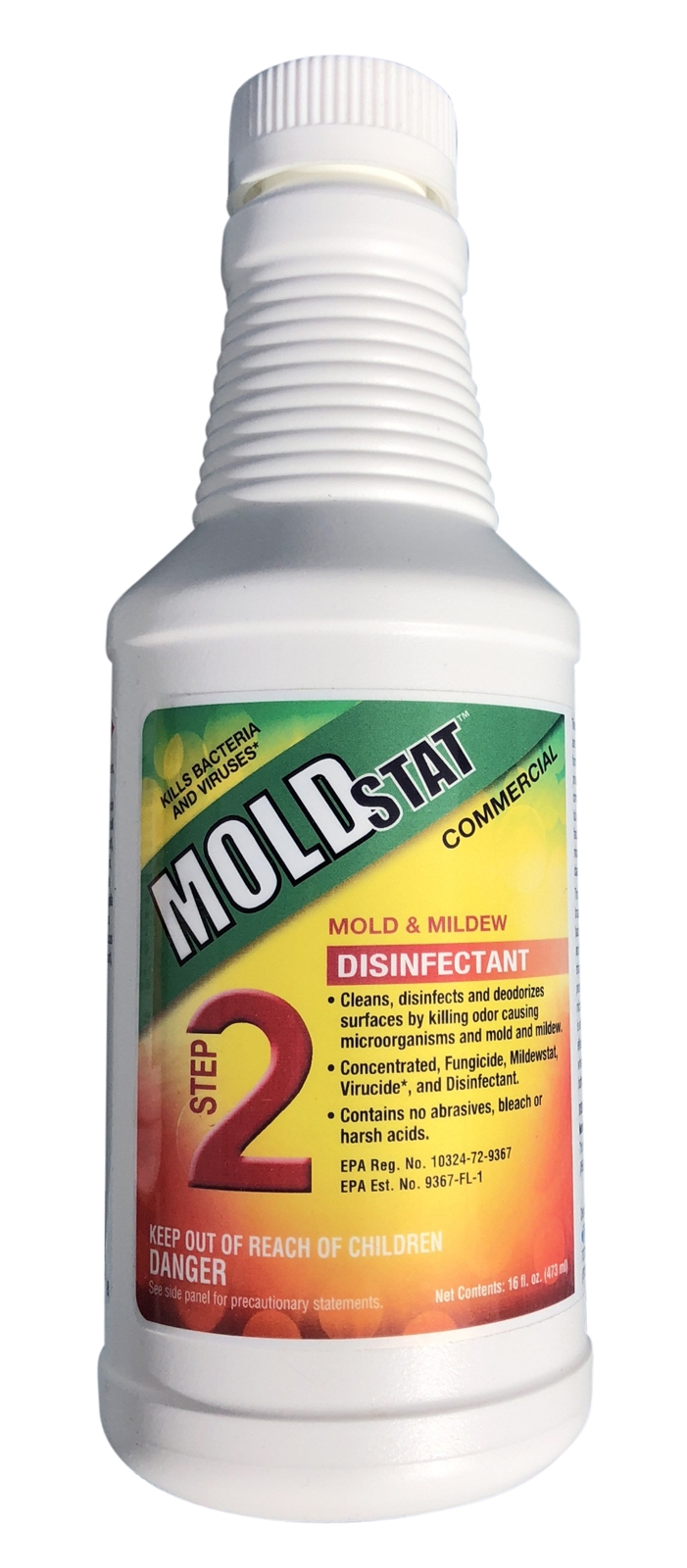



.jpg)
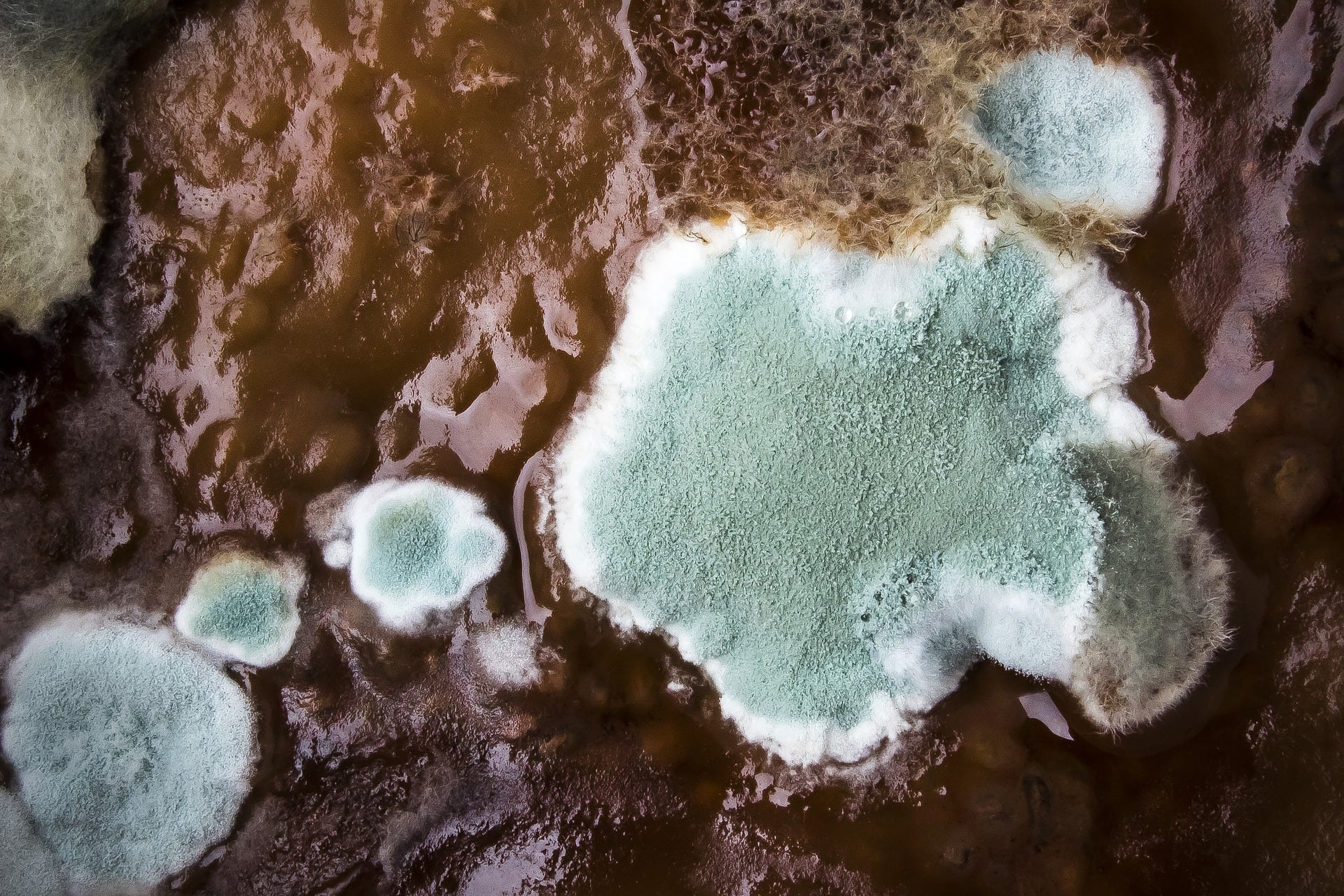

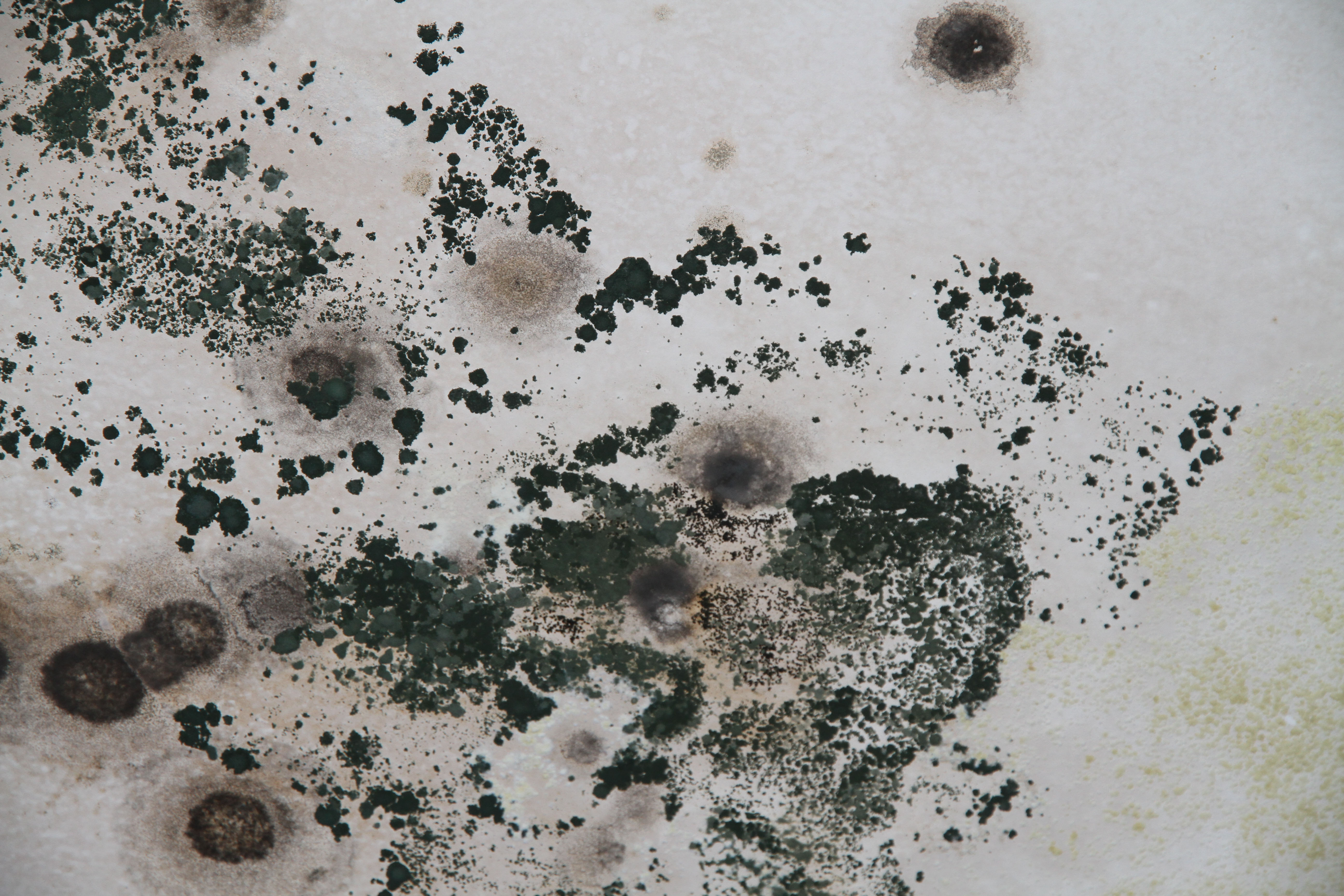

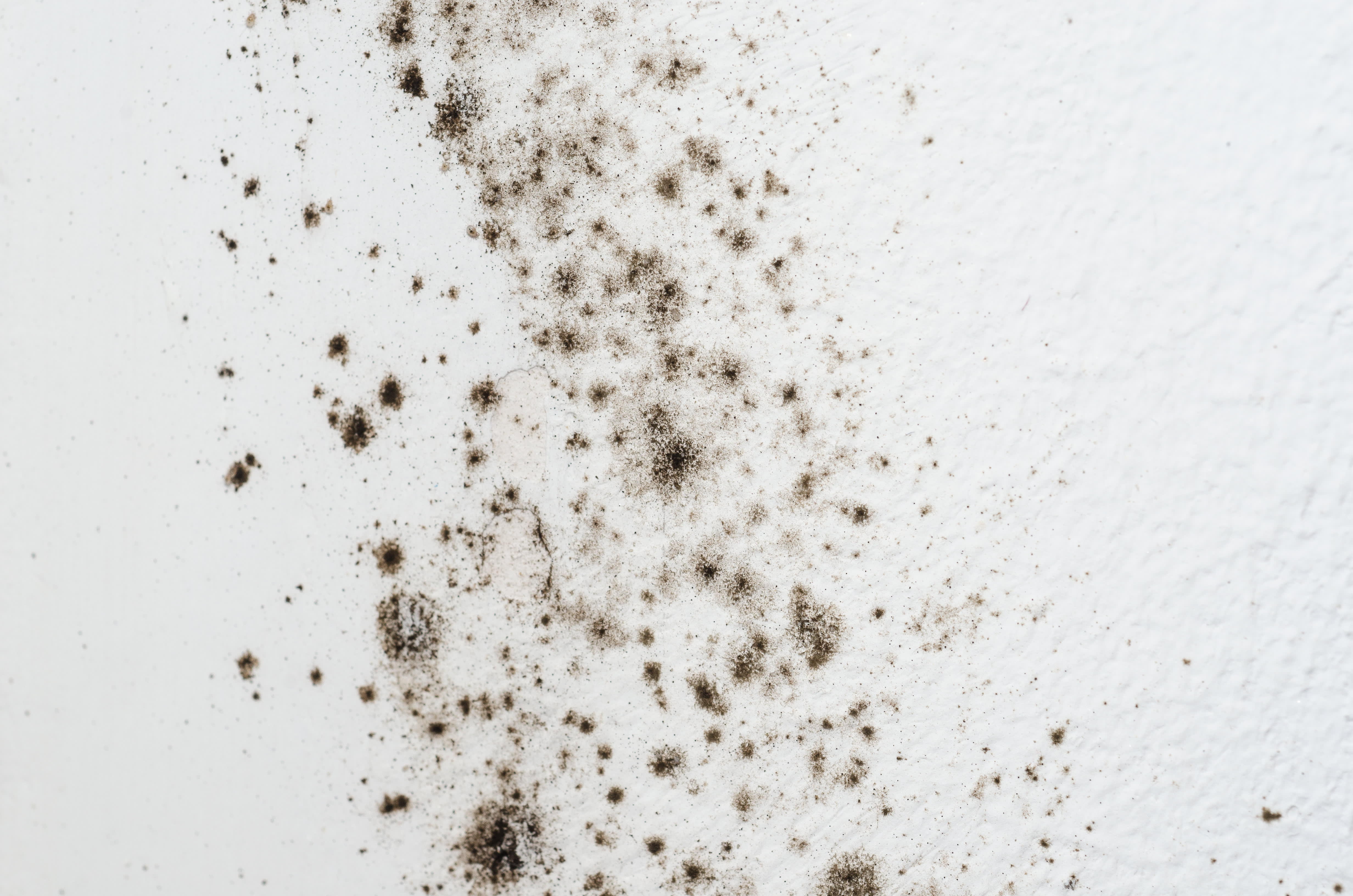
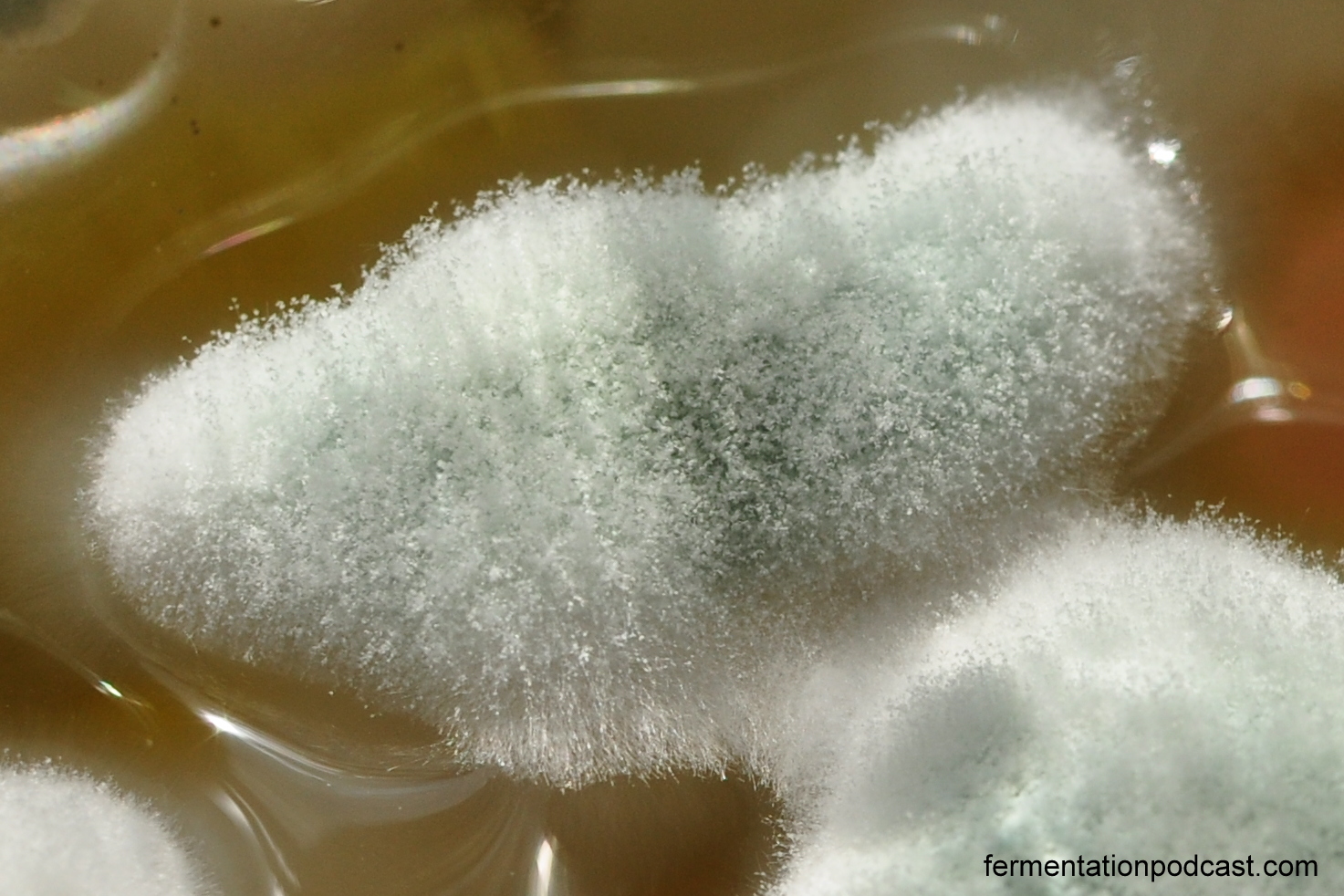



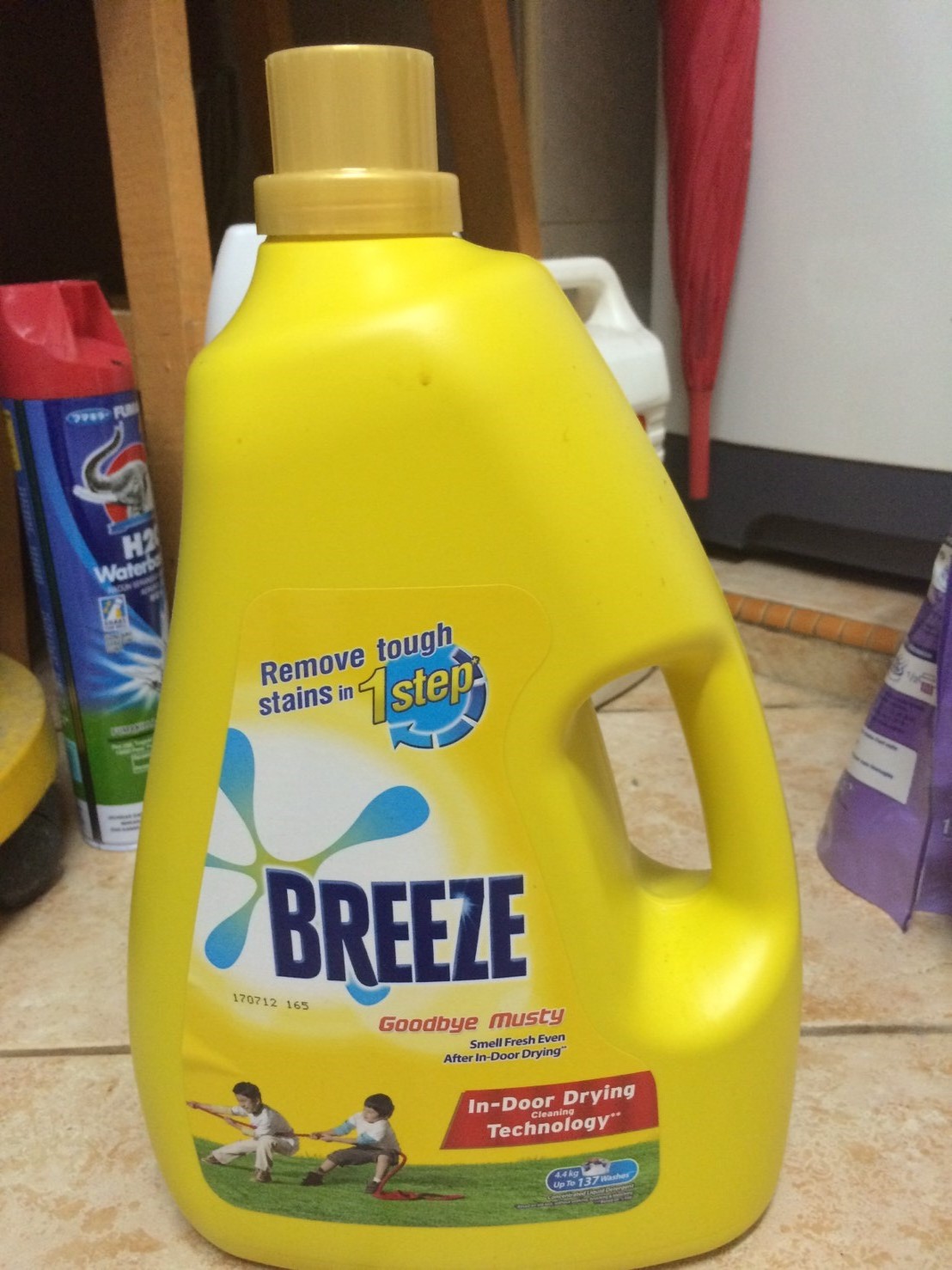
















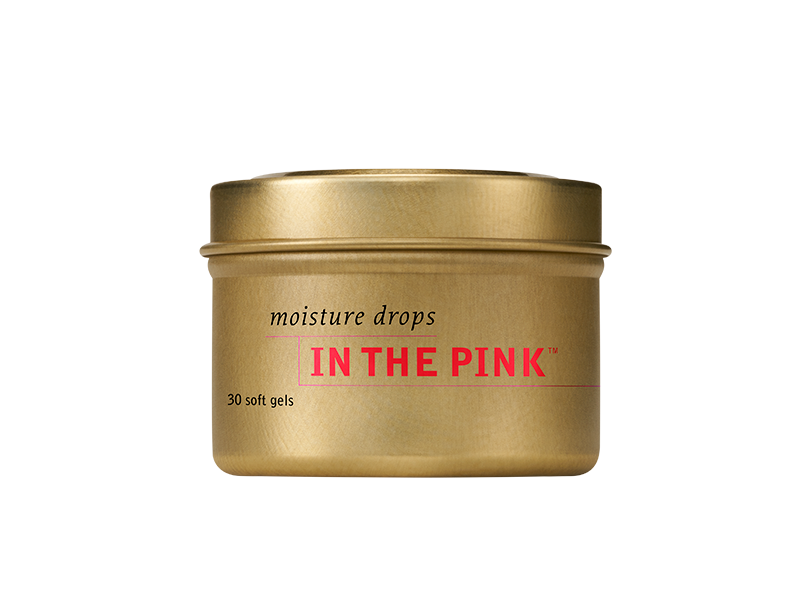
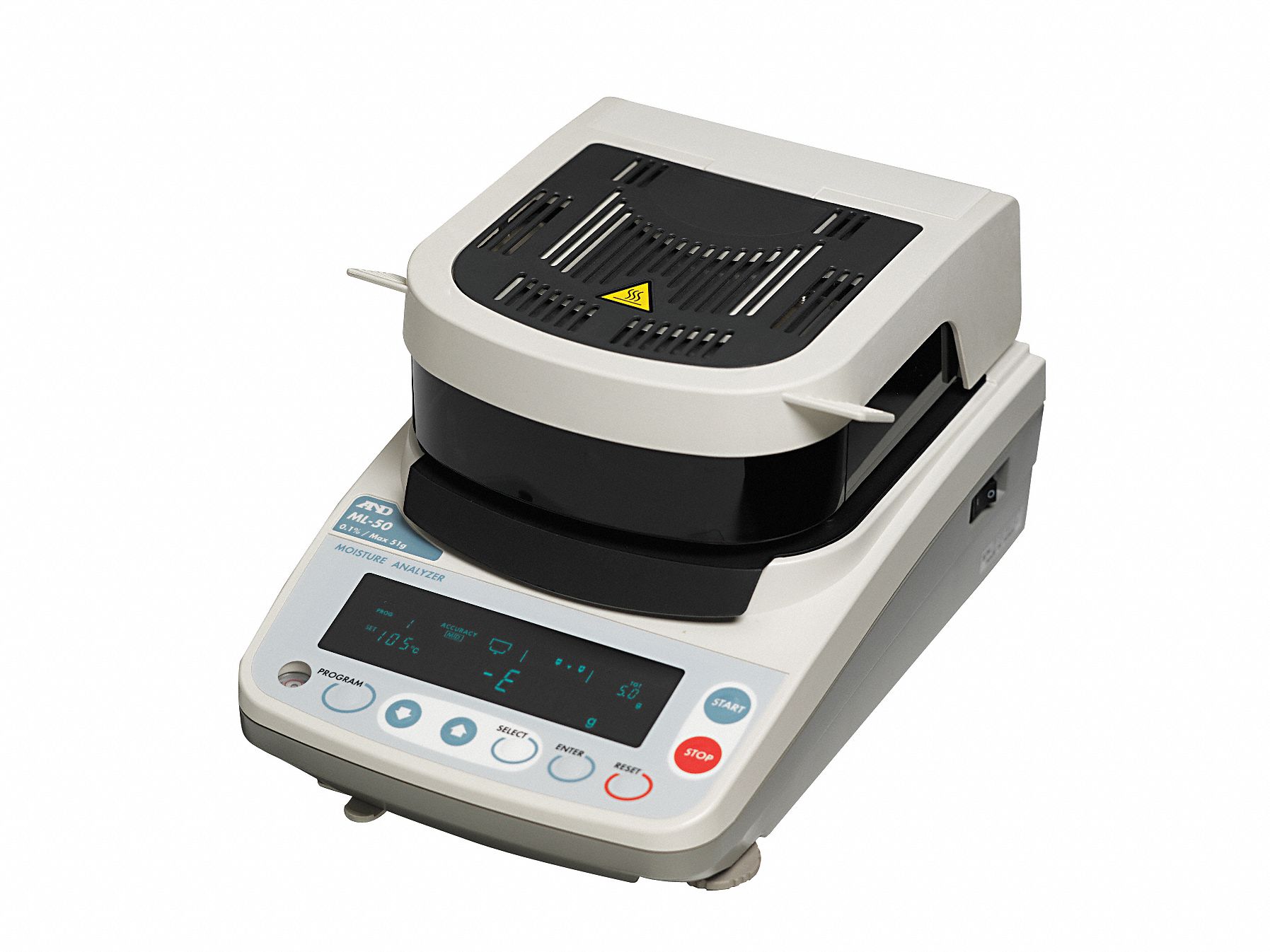








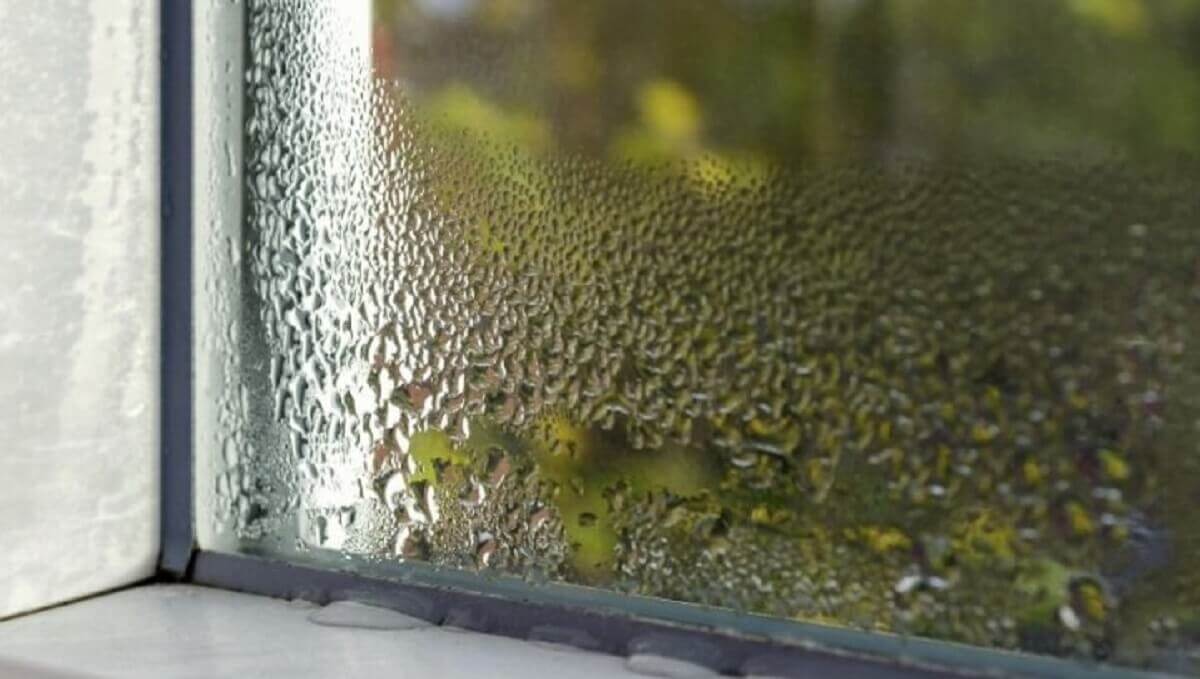






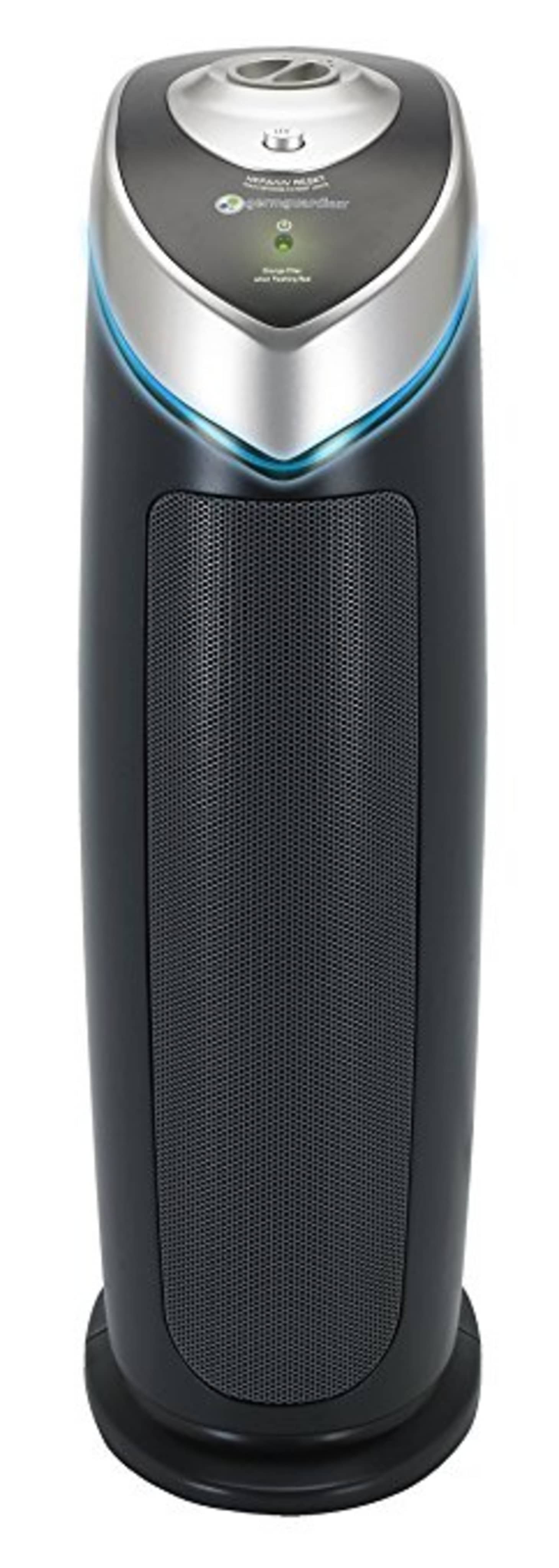
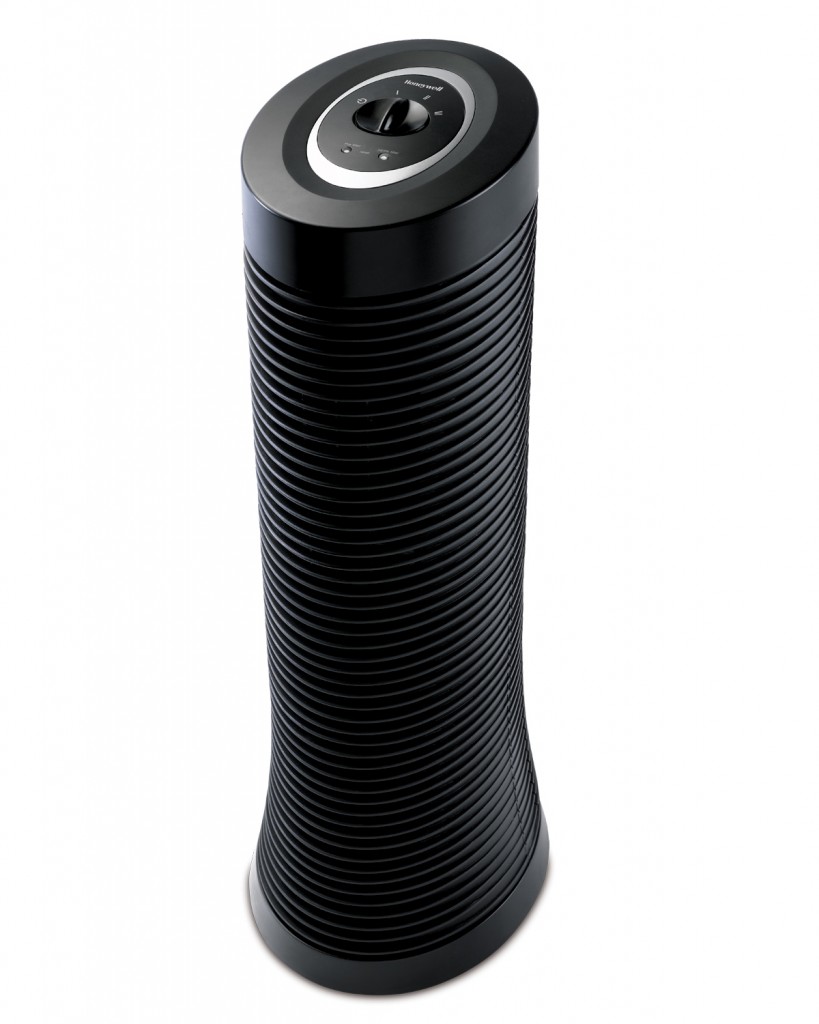



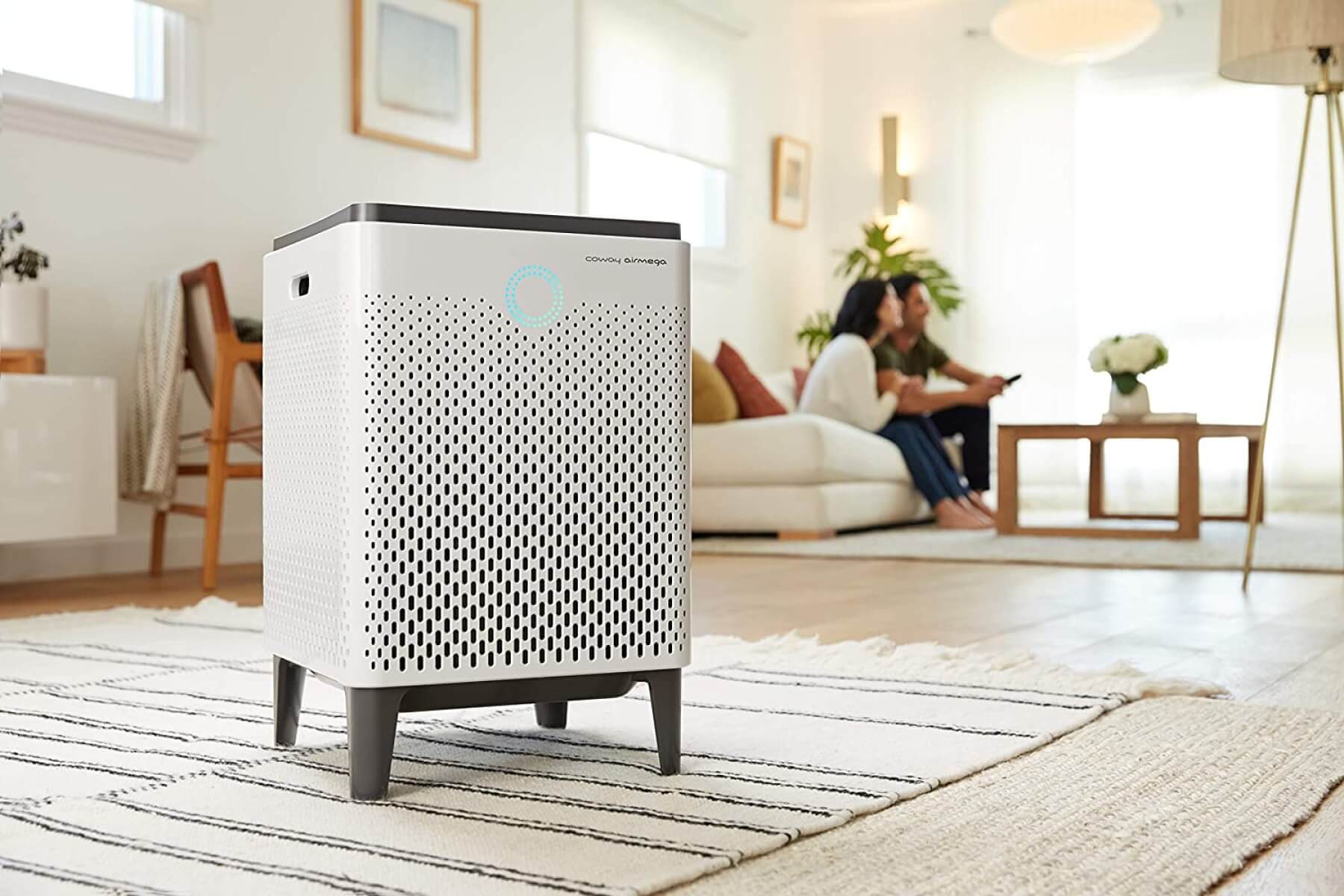

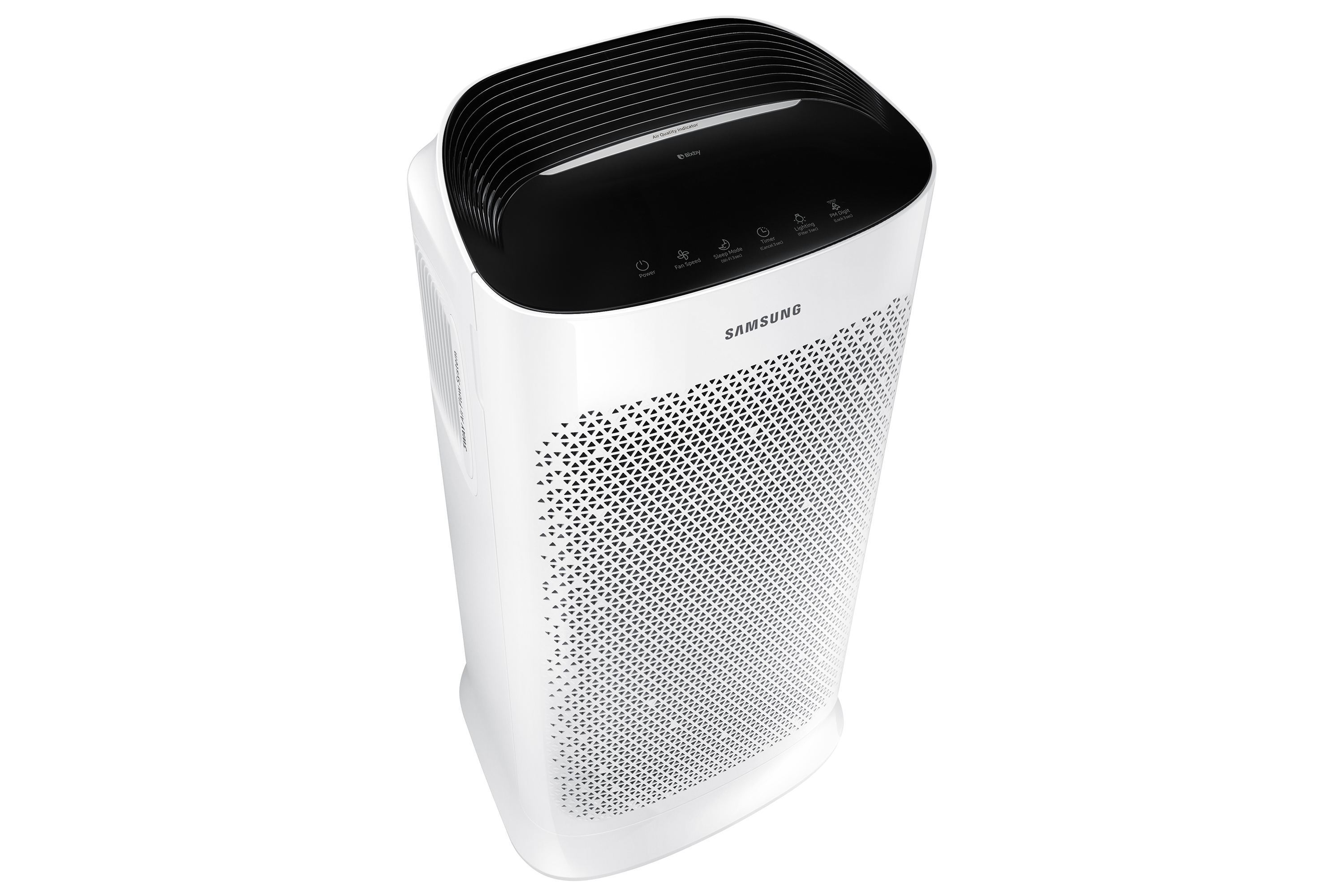



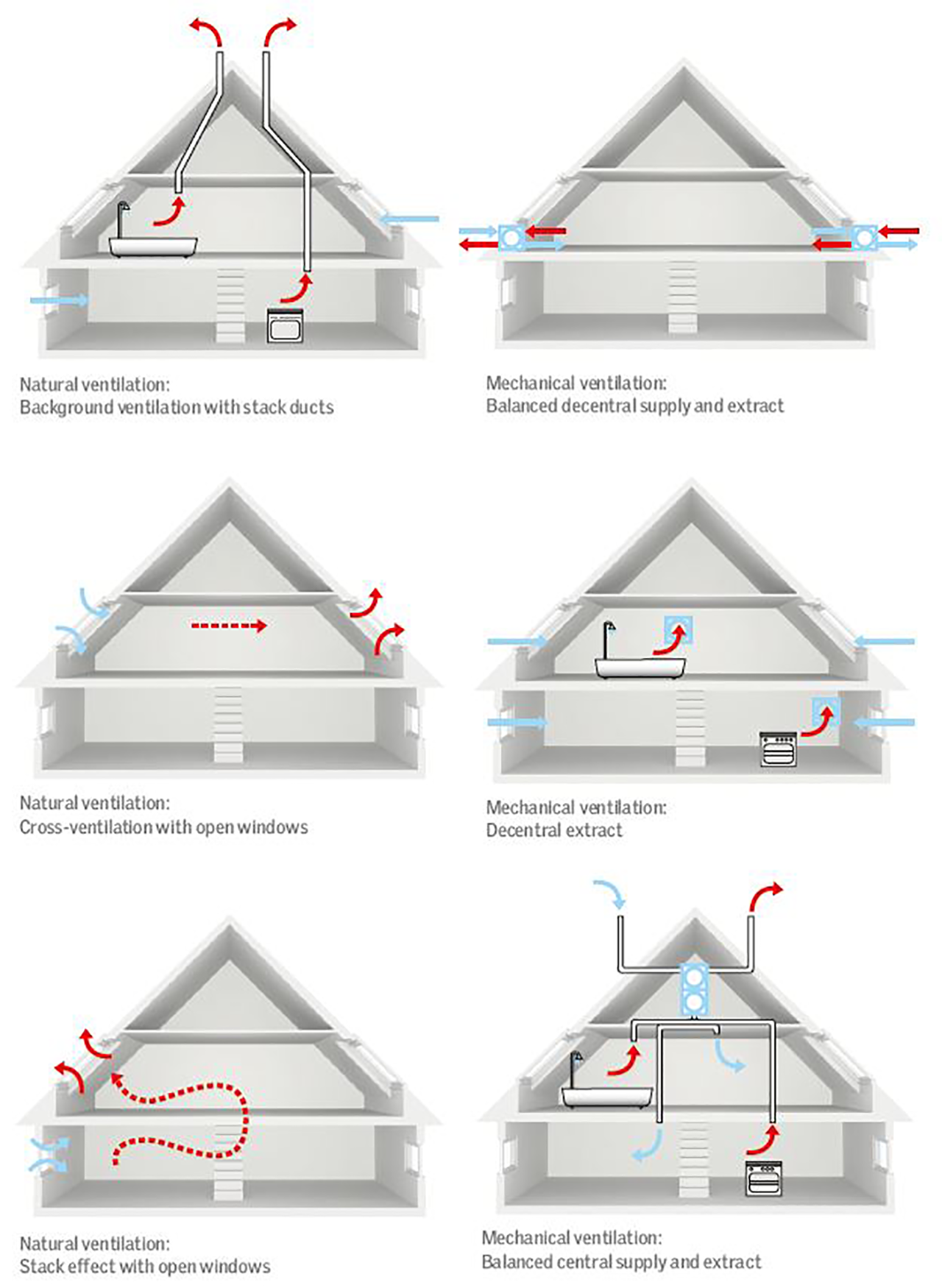

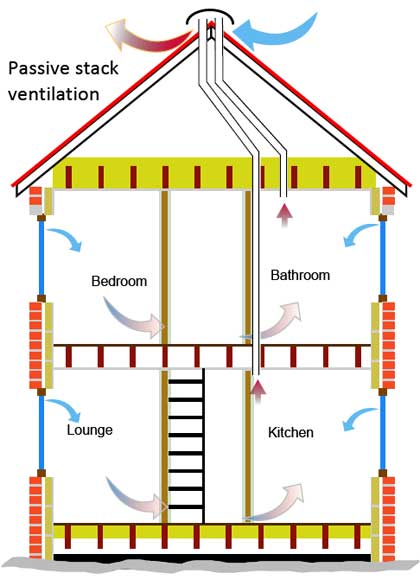

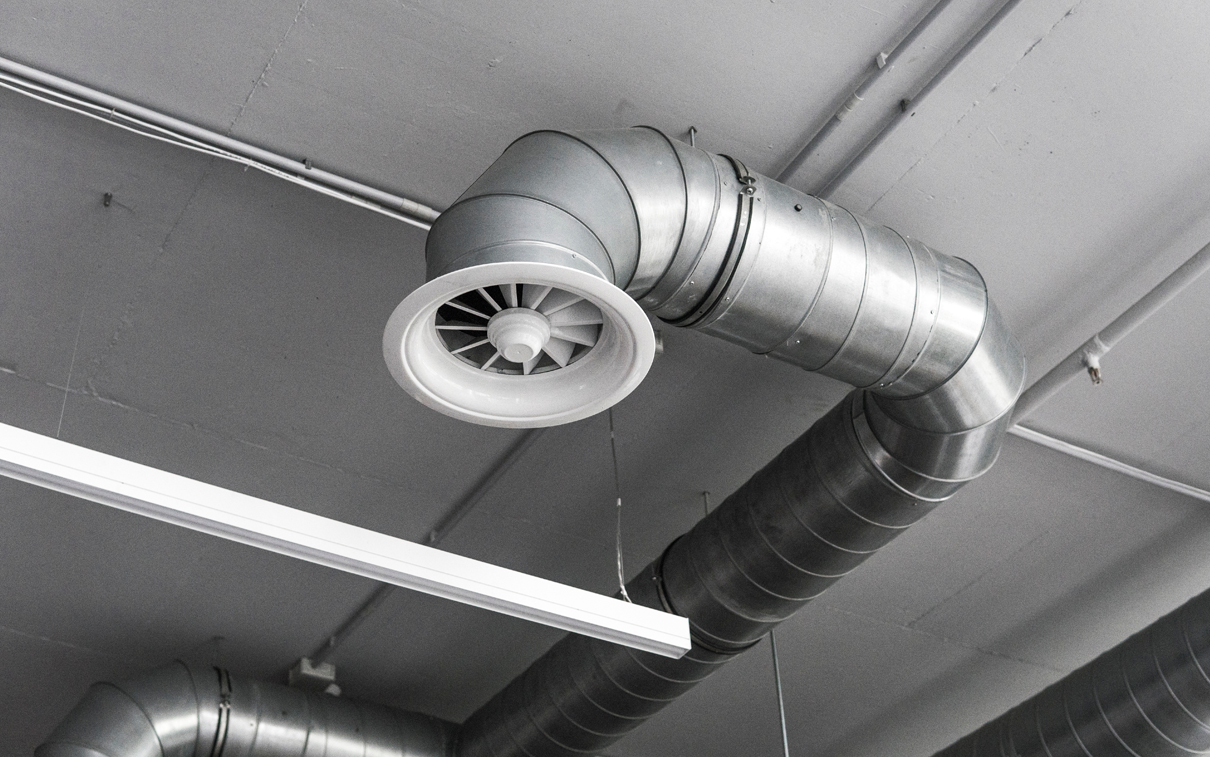



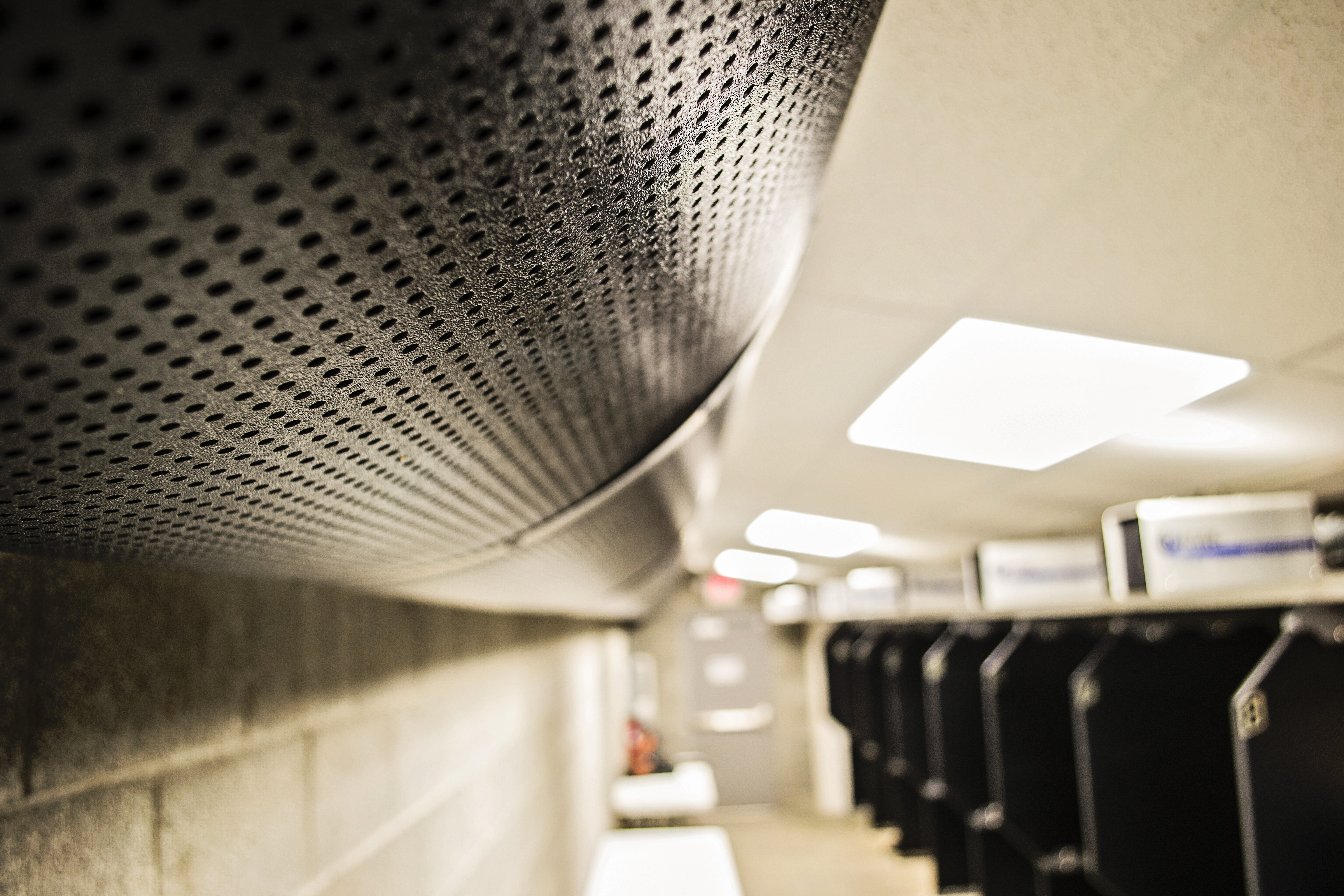

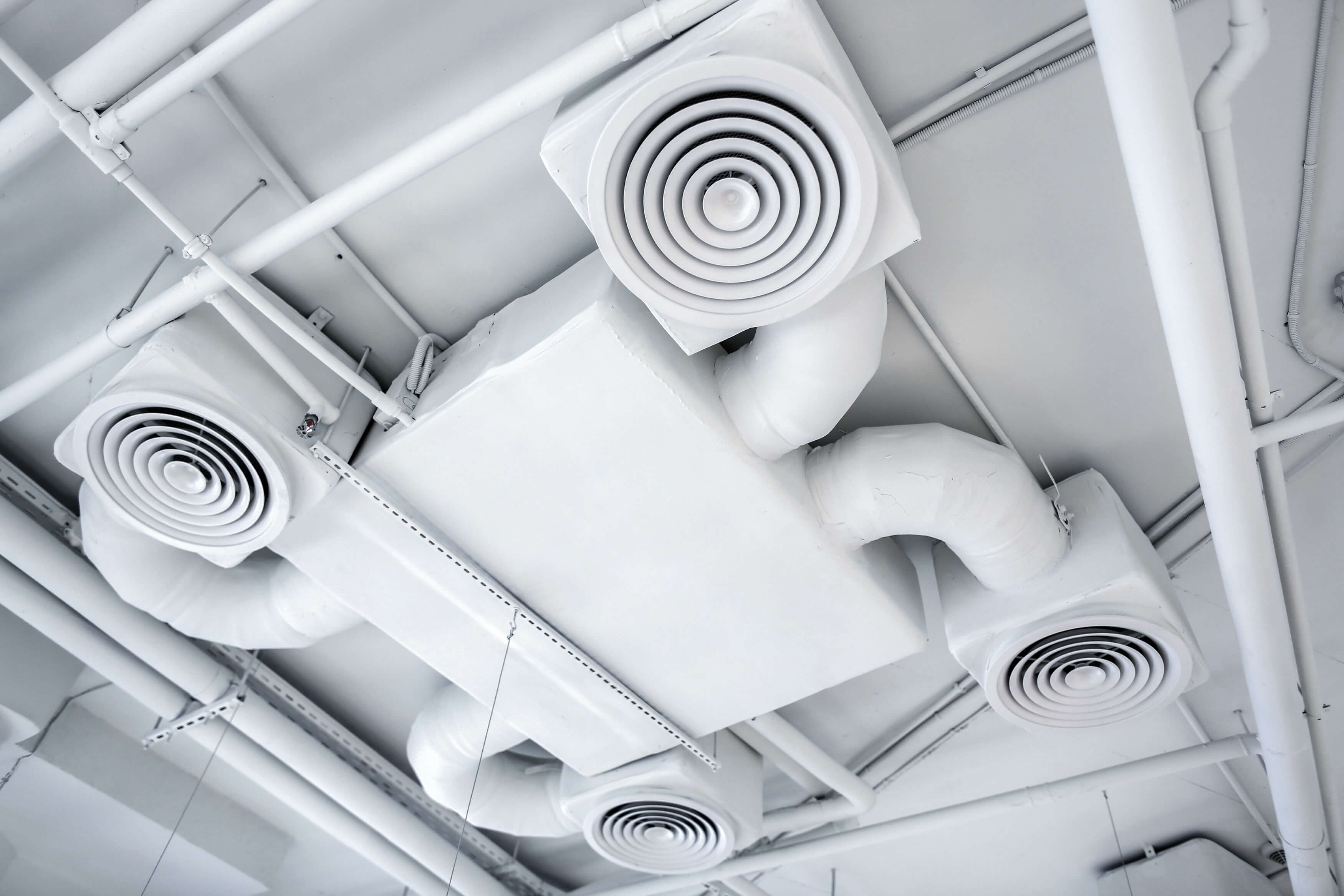



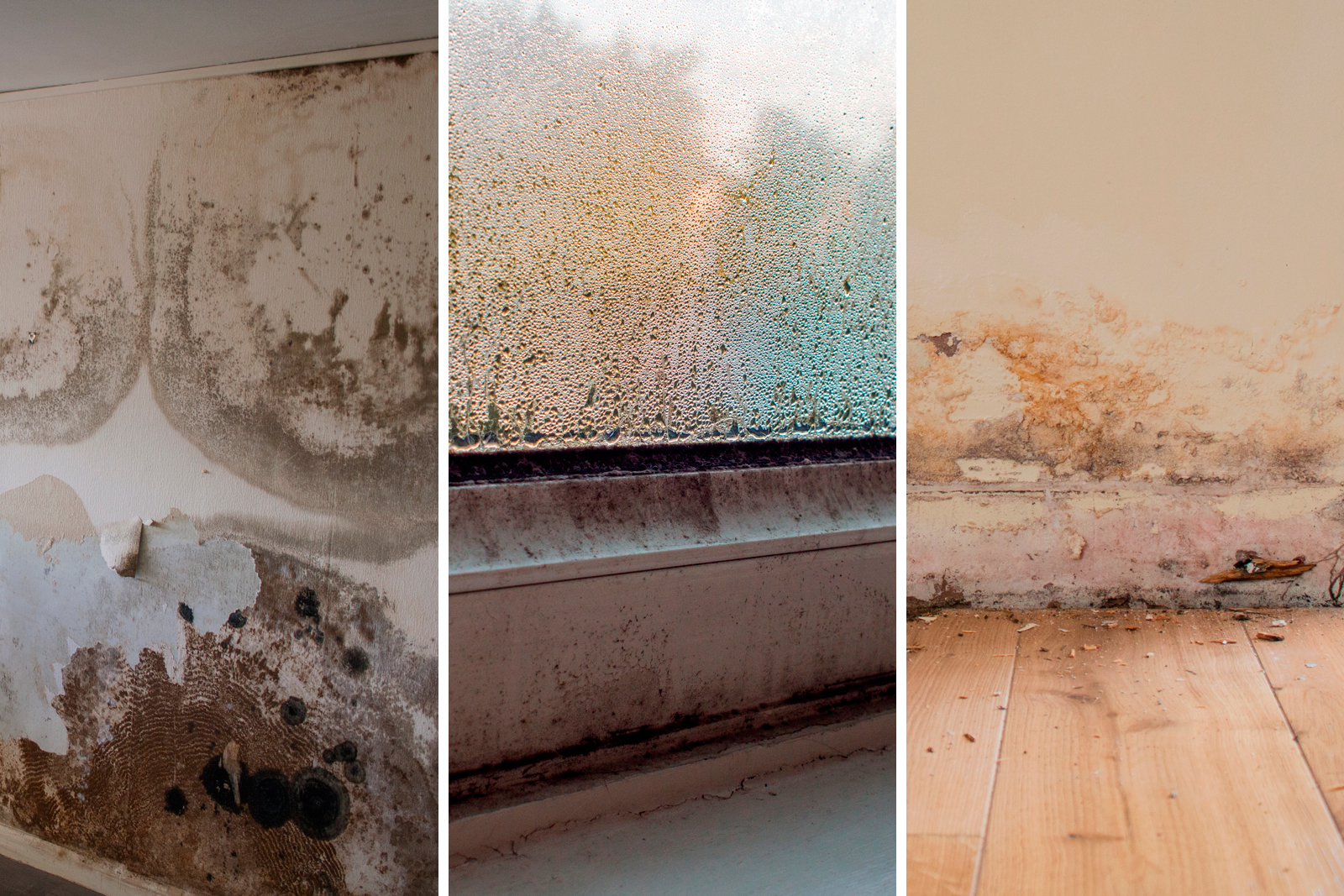
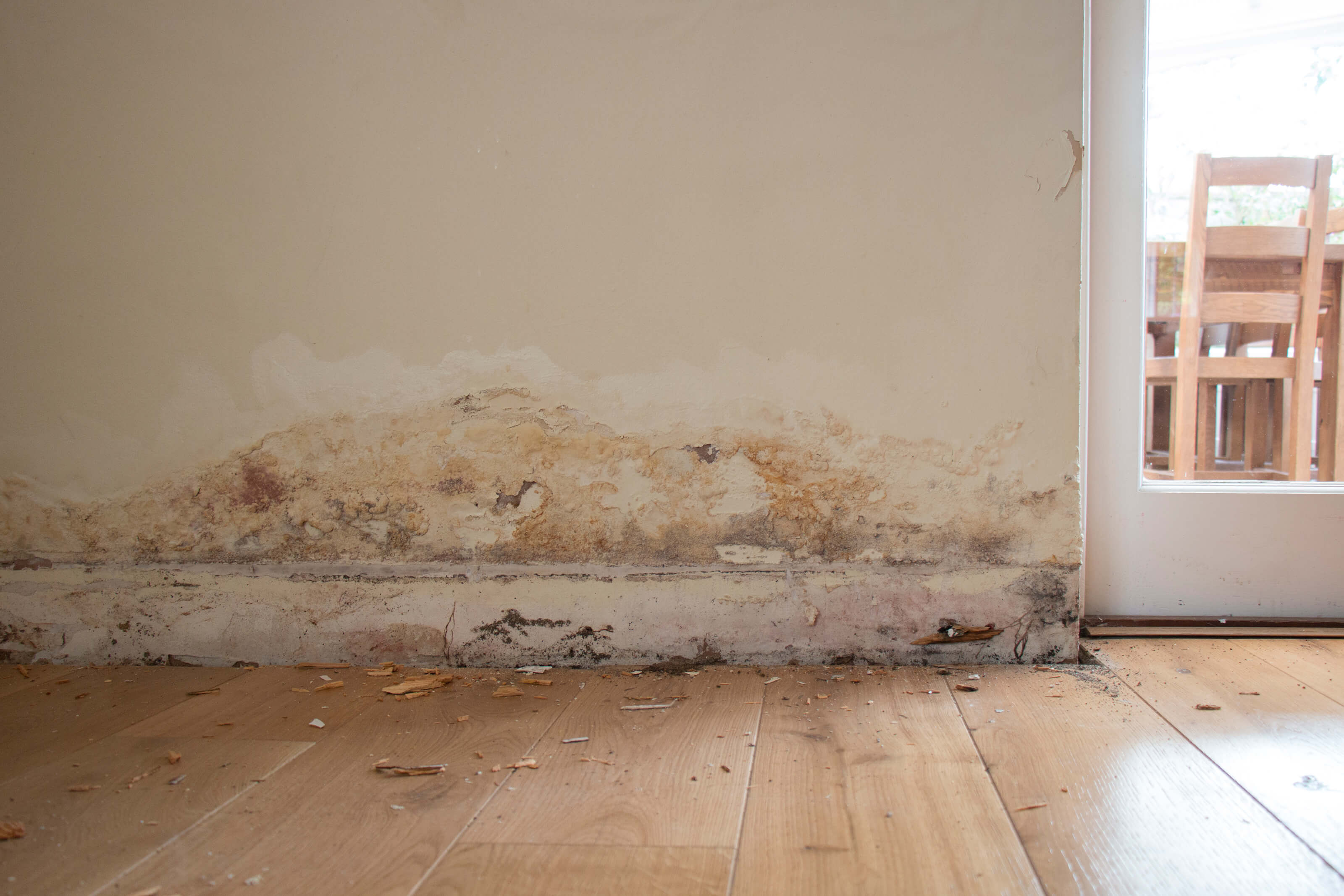
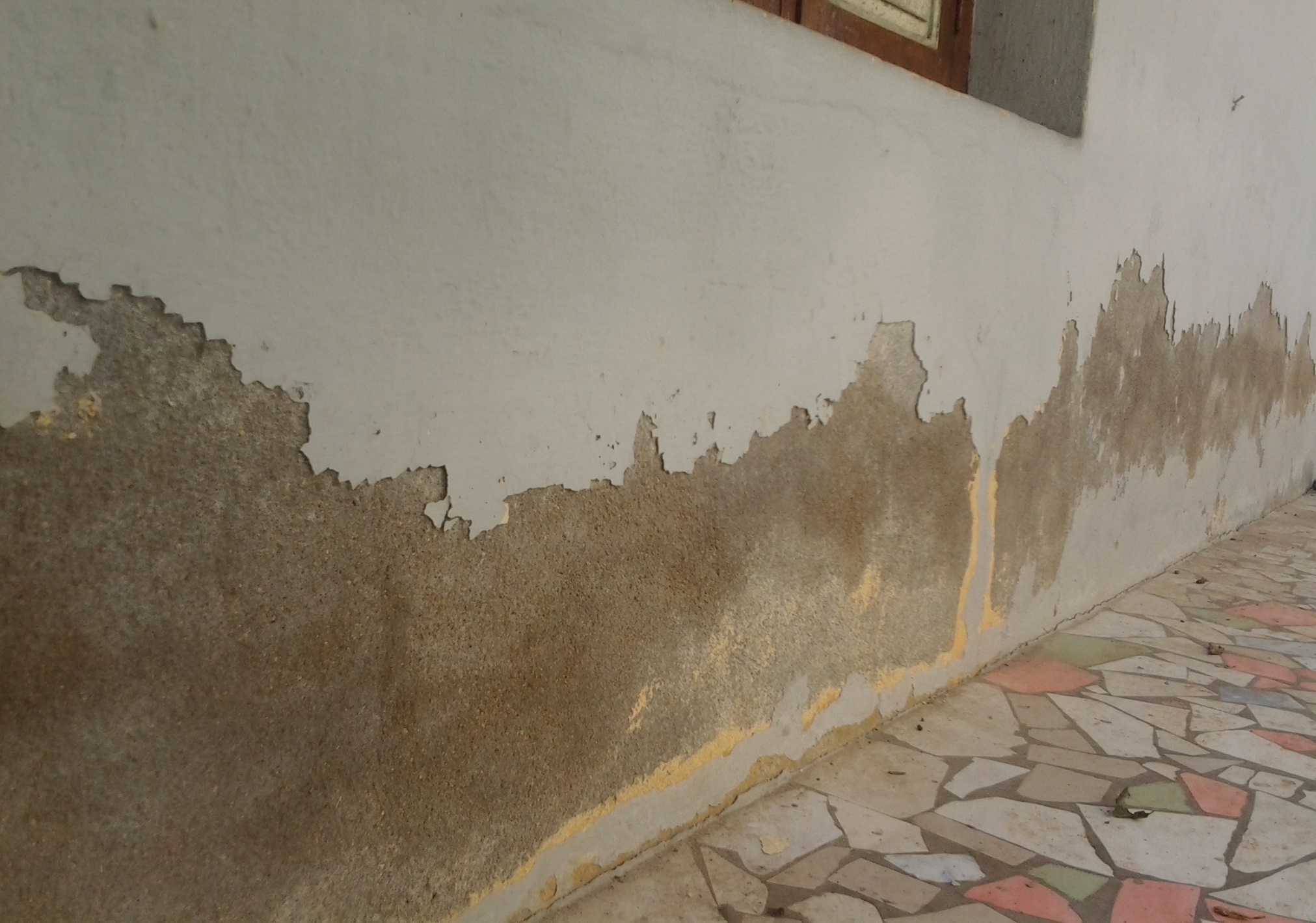
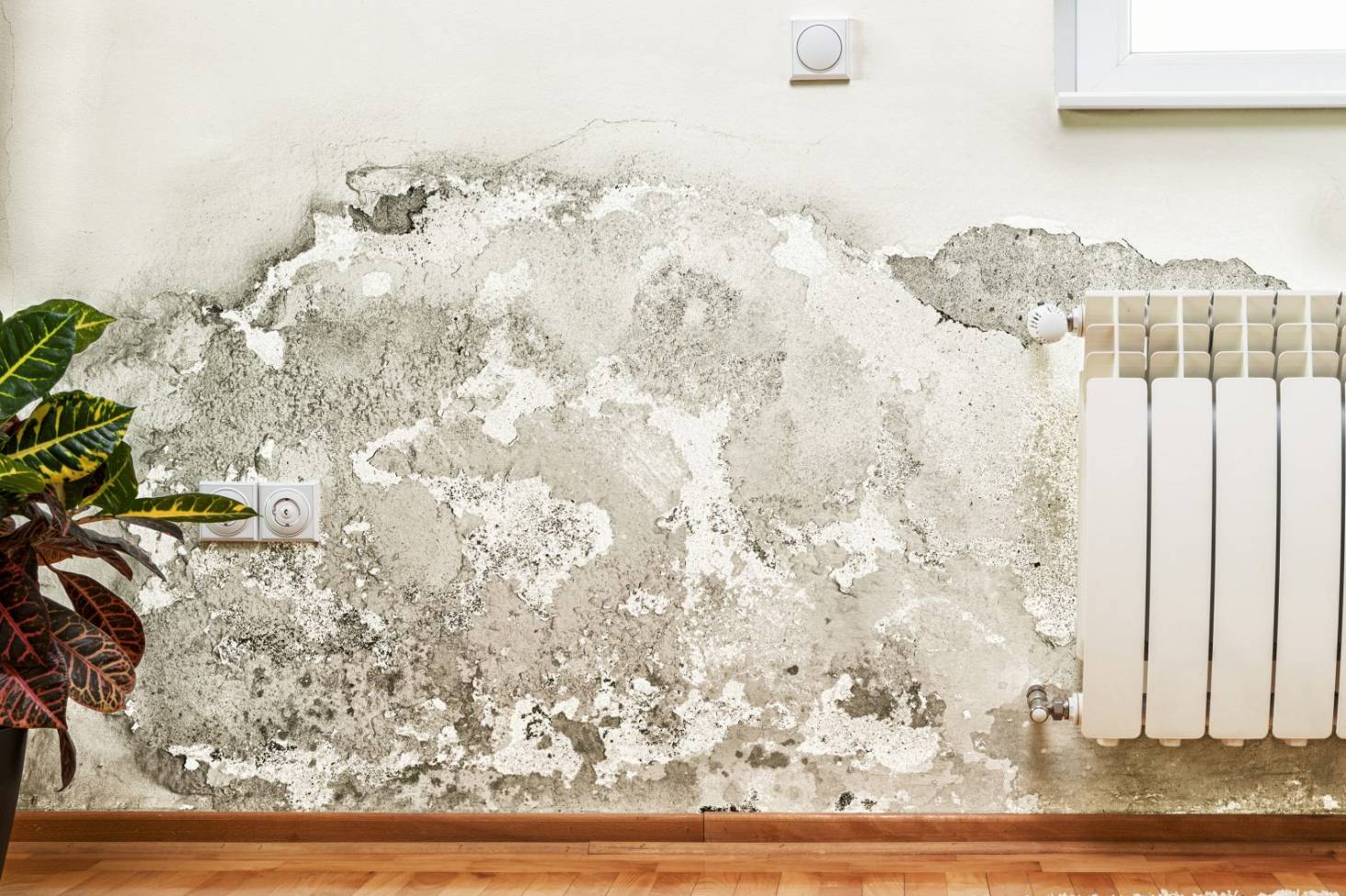



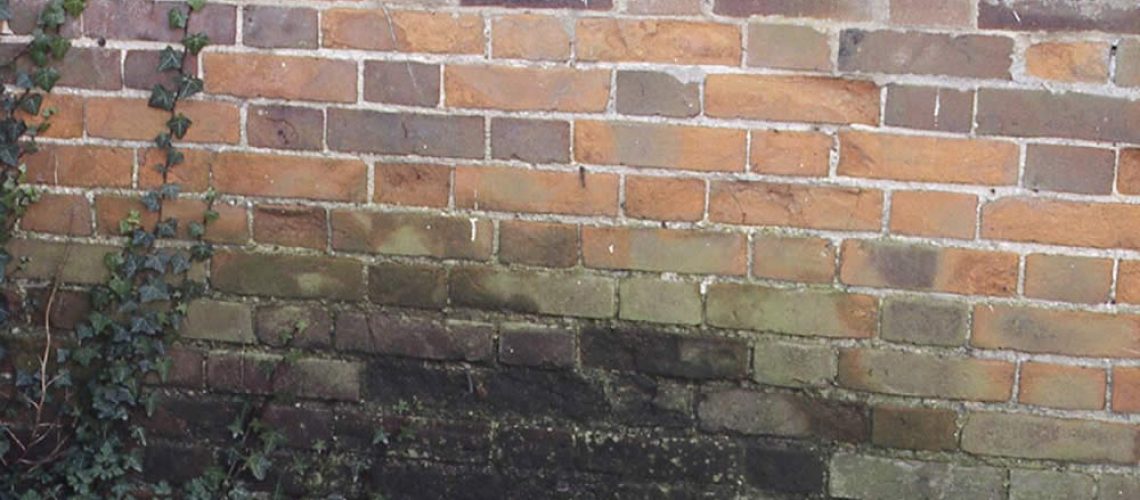

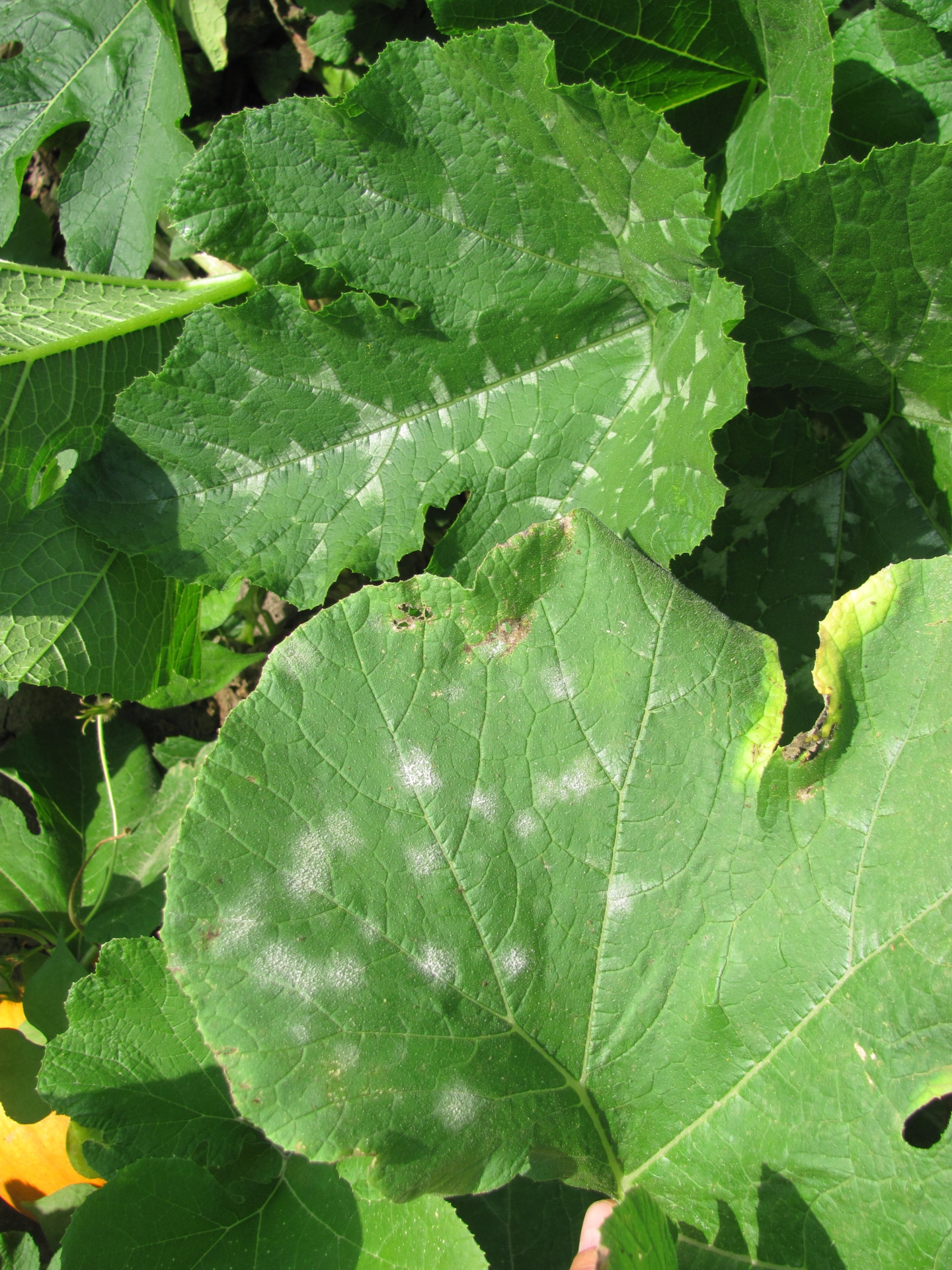



:max_bytes(150000):strip_icc()/powdery-mildew-resized-56a6d3235f9b58b7d0e4fe94.jpg)

